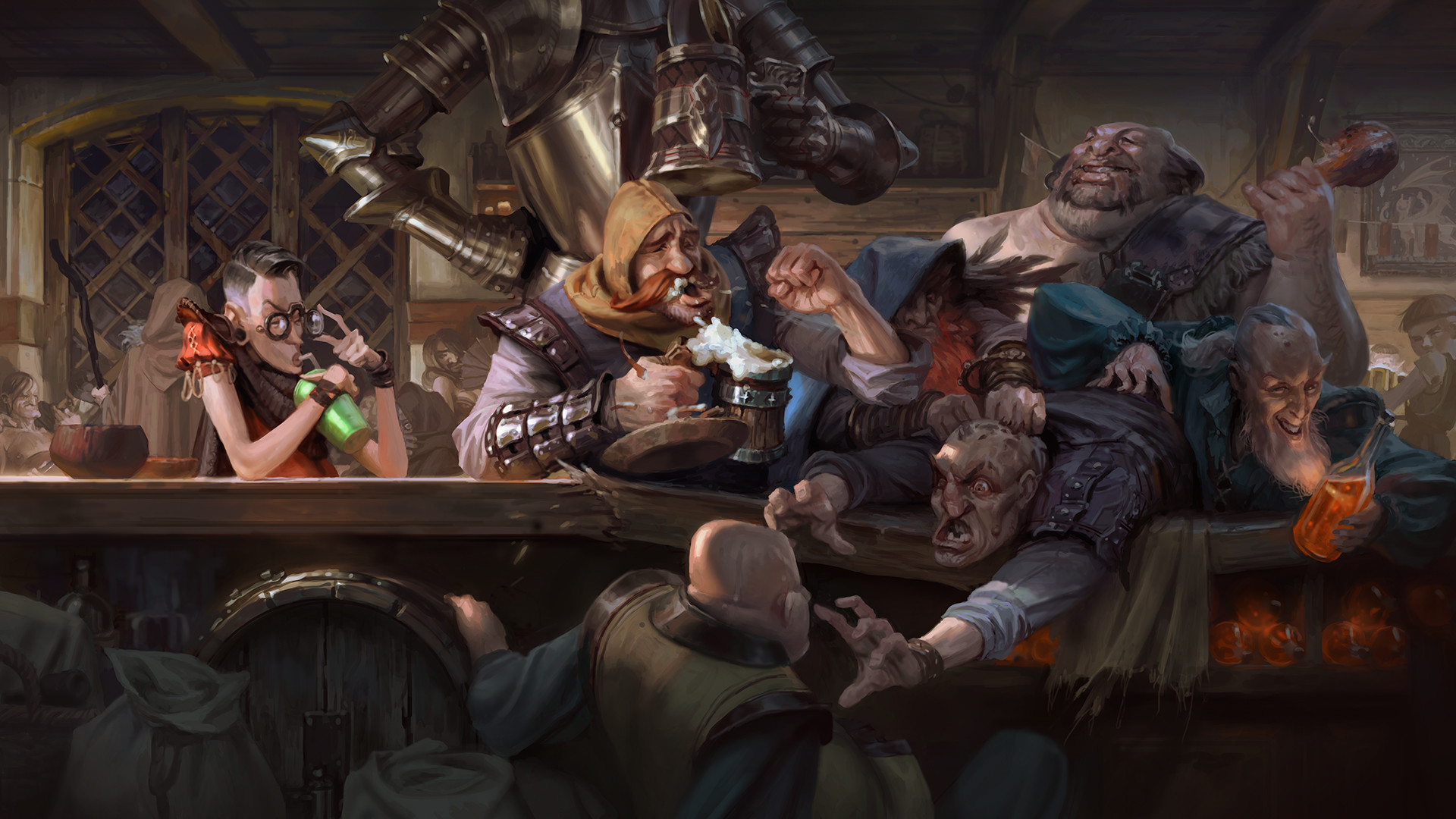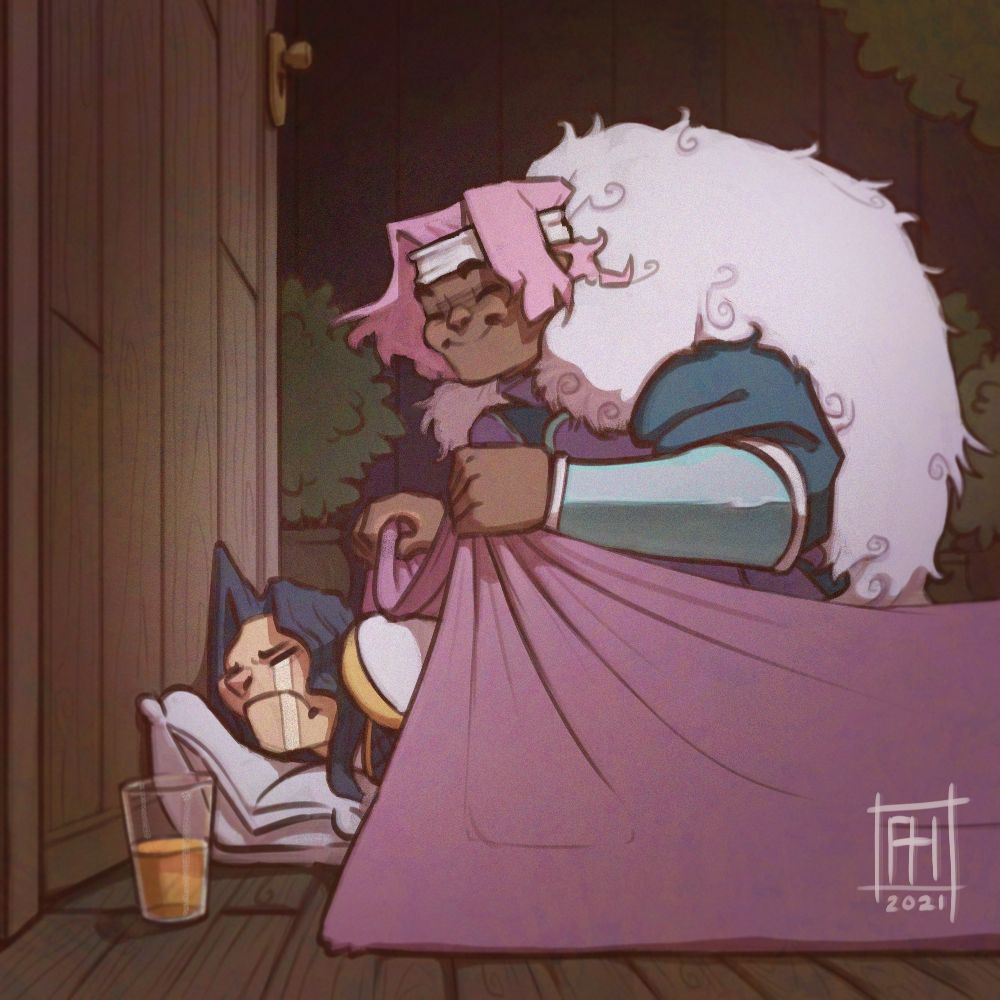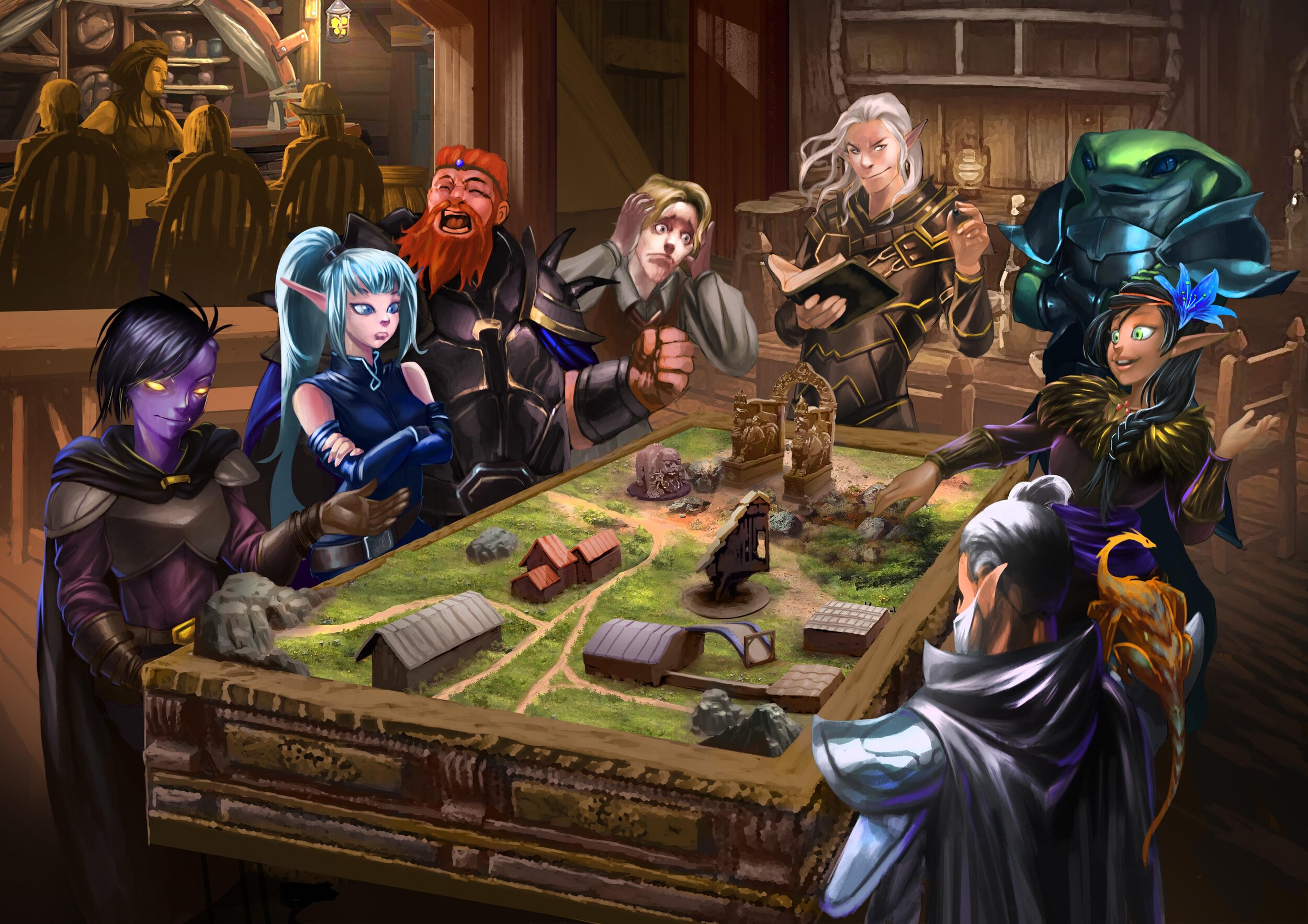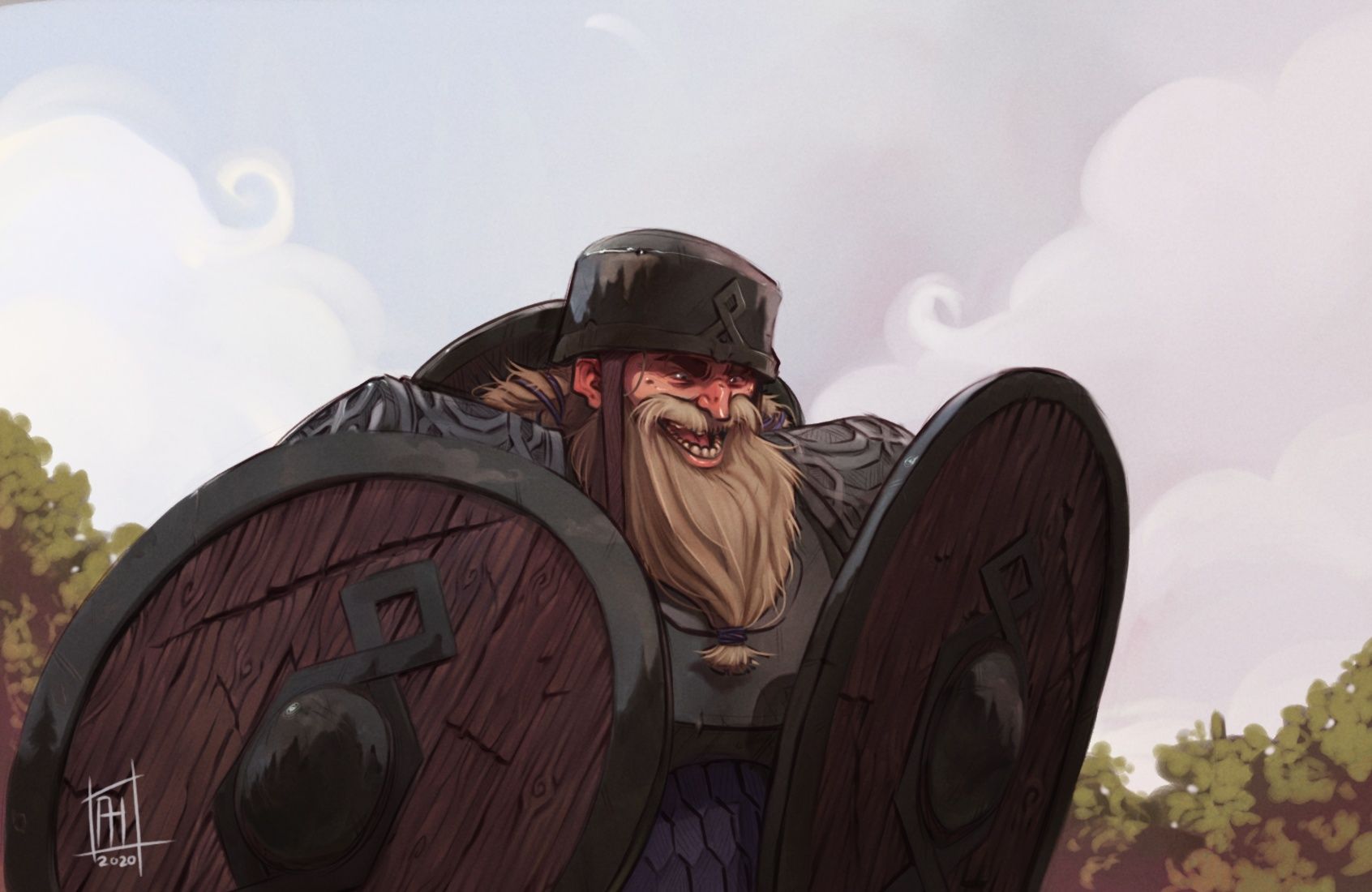Frequently Asked Questions
Game Mechanics
Character Creation
When you make your character, you can choose to create them at any level between 1st and 3rd. You’re allowed to use almost any officially published or Tal’Dorei content, as well as any official Project Aurora homebrew. The following options however are banned:
- Backgrounds that are banned:
- Backgrounds that grant a feat (such as Astral Drifter). If you already have a background that grants such a feature, you can keep it but not receive the benefits of the background feat.
- Backgrounds that grant a feat (such as Astral Drifter). If you already have a background that grants such a feature, you can keep it but not receive the benefits of the background feat.
- Feats that are banned:
- Lucky
- Bountiful Luck
- Sentinel combined with Polearm Master
- Races that are banned:
- The Fairy, Hadozee, Custom Lineage, and Kender races. Xeno-Beasts are also banned in any setting that is not New Age Babylon. For reference, all of the West Marches games take place in Tehiri.
- Spells that are banned:
All Summoning spells like Conjure Elements, Woodland beings, animate undead have a 4 summon restriction. You can’t bring on more than 4 onto the battlefield and into initiative.
- Cantrips: None
- Level 1: Distort Value, Silvery Barbs
- Level 2: Hold Person(PVP ONLY)
- Level 3:
- Level 4:
- Level 5: Creation, Reincarnate
- Level 6:
- Level 7: Dream of the Blue Veil, Simulacrum
- Level 8: Feeblemind
- Level 9: Wish
- This list may change over time.
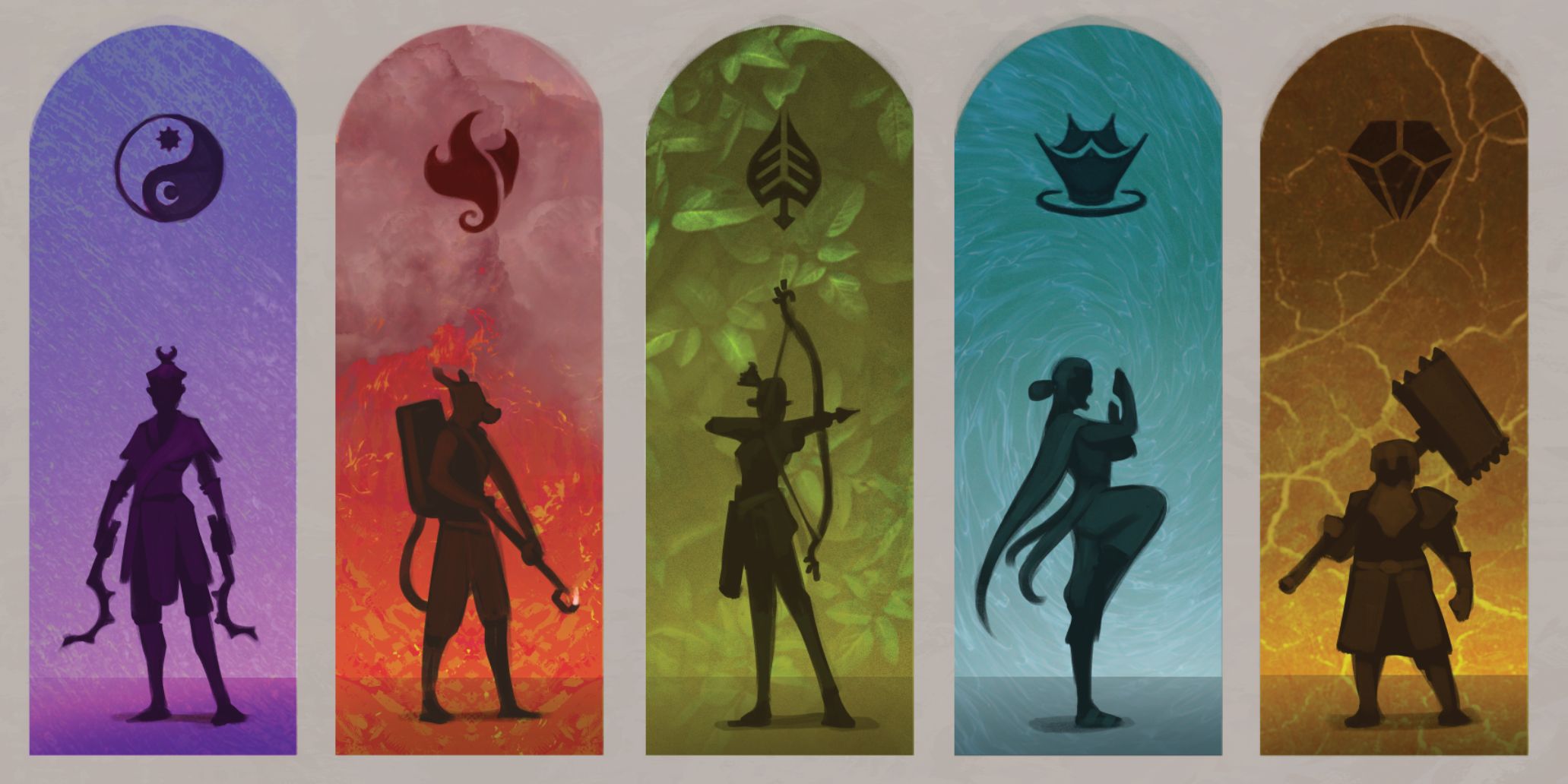
Starting Level In-Depth
The road to max level in Aurora is a long and perilous journey. However, to get you there, we’ve made going through the lower levels slightly easier.
Players can start at the following levels with the following benefits:
- Level 1: +2 Ability Score increase or 1 feat.
- Level 2: +1 Ability Score Increase.
- Level 3: No Benefits.
Stat Arrays
To decide stats, you can choose Point Buy, Standard Array, or any of the Project Aurora specific stat arrays. The Project Aurora stat arrays consist of the following:
Specialist: 17 / 15 / 13 / 10 / 10 / 7
Well-Rounded: 14 / 13 / 13 / 13 / 12 / 9
Auroraverse Special: 16 / 14 / 12 / 12 / 10 / 8
Gear & Firearms
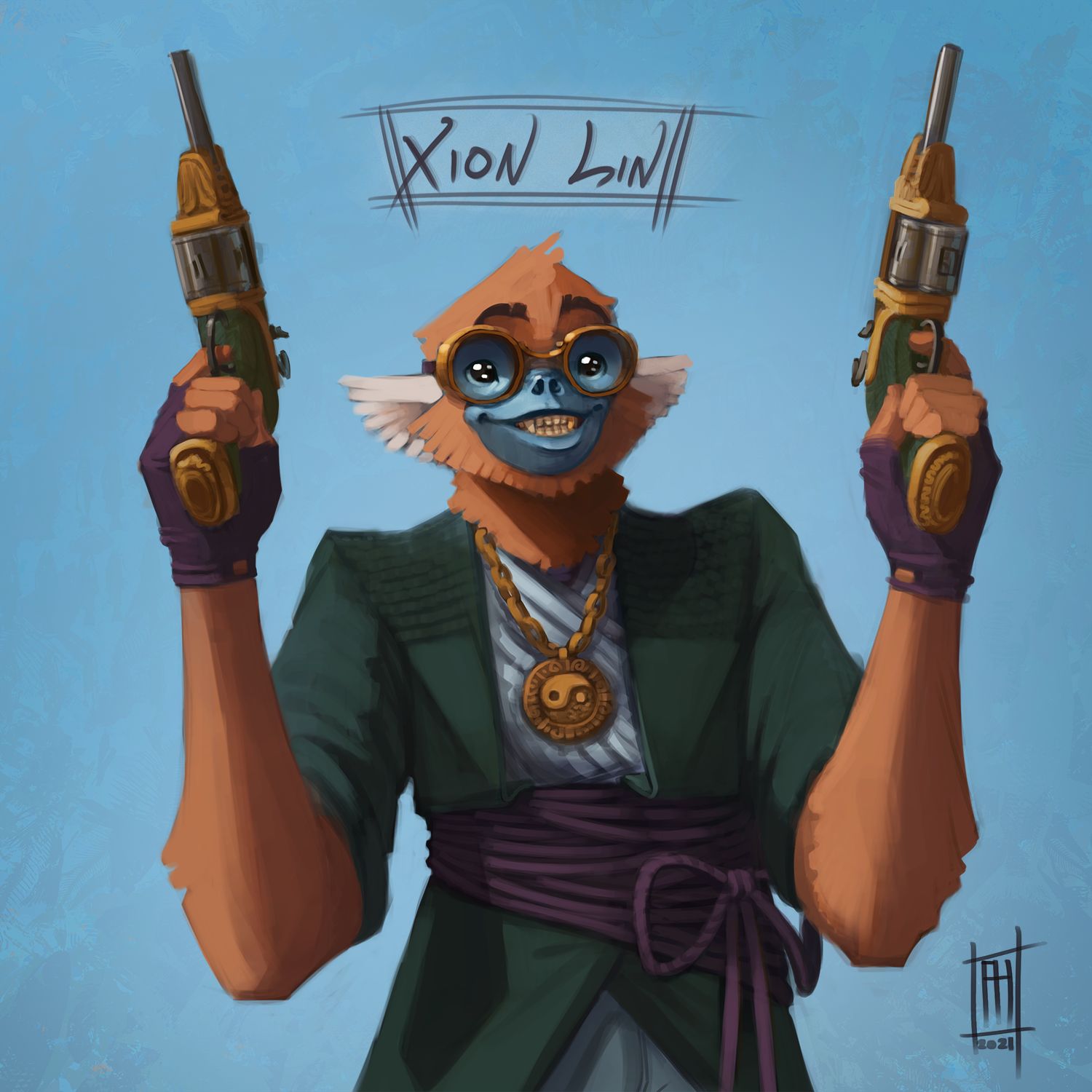
For gear, you get your class’s Starting Gear regardless of the level you begin at. If you’re playing a class that gives explicit permission with Firearms, you can replace a ranged weapon from your starting gear with a Musket or Pistol. Modern and Futuristic firearms are banned.
Tiers of Play
The game is currently broken up into 4 distinctive tiers:
- Tier 1: 1st to 3rd
- Tier 2: 4th to 6th
- Tier 3: 7th to 9th
- Tier 4: 10th to 12th
Bringing Magic Items on Quests
When a quest is posted, it will be posted for one of these 4 tiers. A character can join on any quest within their own tier, such as a 2nd-level player joining into a Tier 1 game. With permission from the DM, a character can request to join a quest one tier higher or lower than their own, with the DM having the ultimate decision on whether or not they want higher or lower level players in their games.
Additionally, regardless of how many magic items your character has or will obtain throughout their journey, you’re limited to how many magic items you can make use of before the session begins based on the tier of the quest. An Artificer’s infused magic items do not count against the limit.
|
Tiers |
Rare+ |
Uncommon |
Common |
Consumable |
|
Tier 1 |
x |
1 |
3 |
3 |
|
Tier 2 |
x |
3 |
6 |
6 |
|
Tier 3 |
1 |
5 |
6 |
6 |
|
Tier 4 |
2 |
7 |
10 |
10 |
- Rare+ is for any permanent items that are of Rare, Very Rare, or Legendary rarity.
- Uncommon is for any permanent items that are of Uncommon rarity.
- Common is for any permanent items that are of Common rarity.
- Consumable is for items of any rarity that are consumed upon use, such as scrolls, potions, or ammunition.
Before a session begins, write out a list of the items your character will be bringing and post it somewhere the DM can easily access it, such as the forum post for the quest or by direct message. Regardless of whatever else may be in your inventory, you are limited to just these magic items. Mundane items have no such limit and do not have to be recorded.
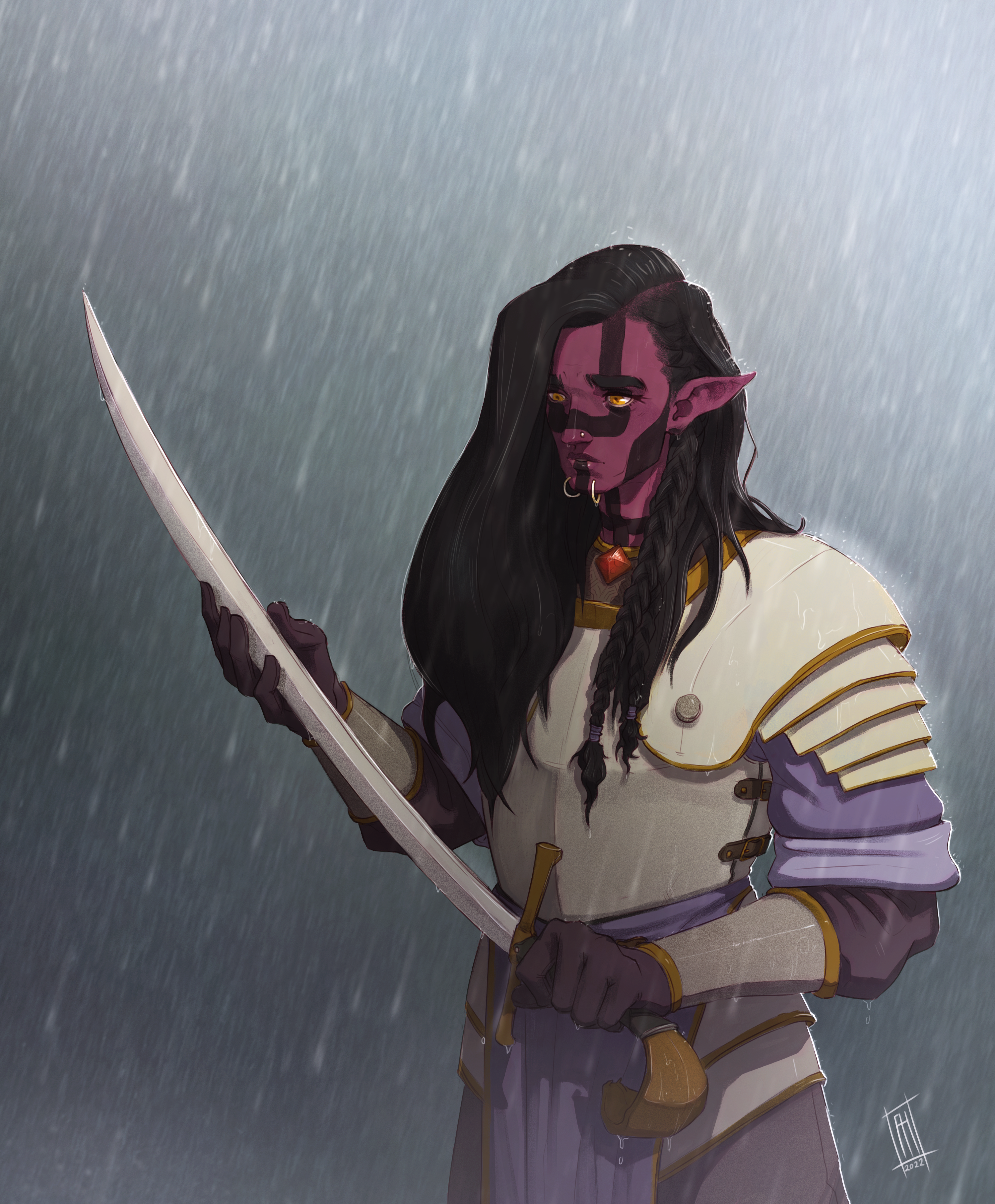
Leveling Up
Rather than using experience or milestones, Project Aurora utilizes a system called Adventure Points. Anything you do in Aurora will grant your character adventure points, which in turn allows your character to level up. You gain Adventure Points through the following sources:
- Completing a session(Normal Quest, Roleplay Night, Downtime Night or Legacy Quest) grants you 10 Adventure Points. If a player was present for most of the quest but had to leave before the very end due to external circumstances, the DM can opt to give them the Adventure Points too.
- Participating in a raid or equivalent event grants 15 Adventure Points. These types of quests are rare, and labeling something as a raid requires the permission of a Continent Lead.
- Completing a session below your normal Tier grants you 5 Adventure Points. There is no bonus to Adventure Points for completing a session above your normal tier.
You are responsible for tracking your own Adventure Points, and can opt to write them down as a custom item in your inventory, somewhere in the notes of your character sheet, or anywhere else you so choose. If you’re found fudging or manipulating how many points you have beyond what you should, it can lead to consequences and potential removal from Aurora. Should you wish to, you can opt to simply not earn any Adventure Points to keep your character at a specific level.
Below are the cumulative points you need to reach each level:
- 1st: 0
- 2nd: 20
- 3rd: 40
- 4th: 80
- 5th: 120
- 6th: 180
- 7th: 240
- 8th: 300
- 9th: 360
- 10th: 440
- 11th: 520
- 12th: 600
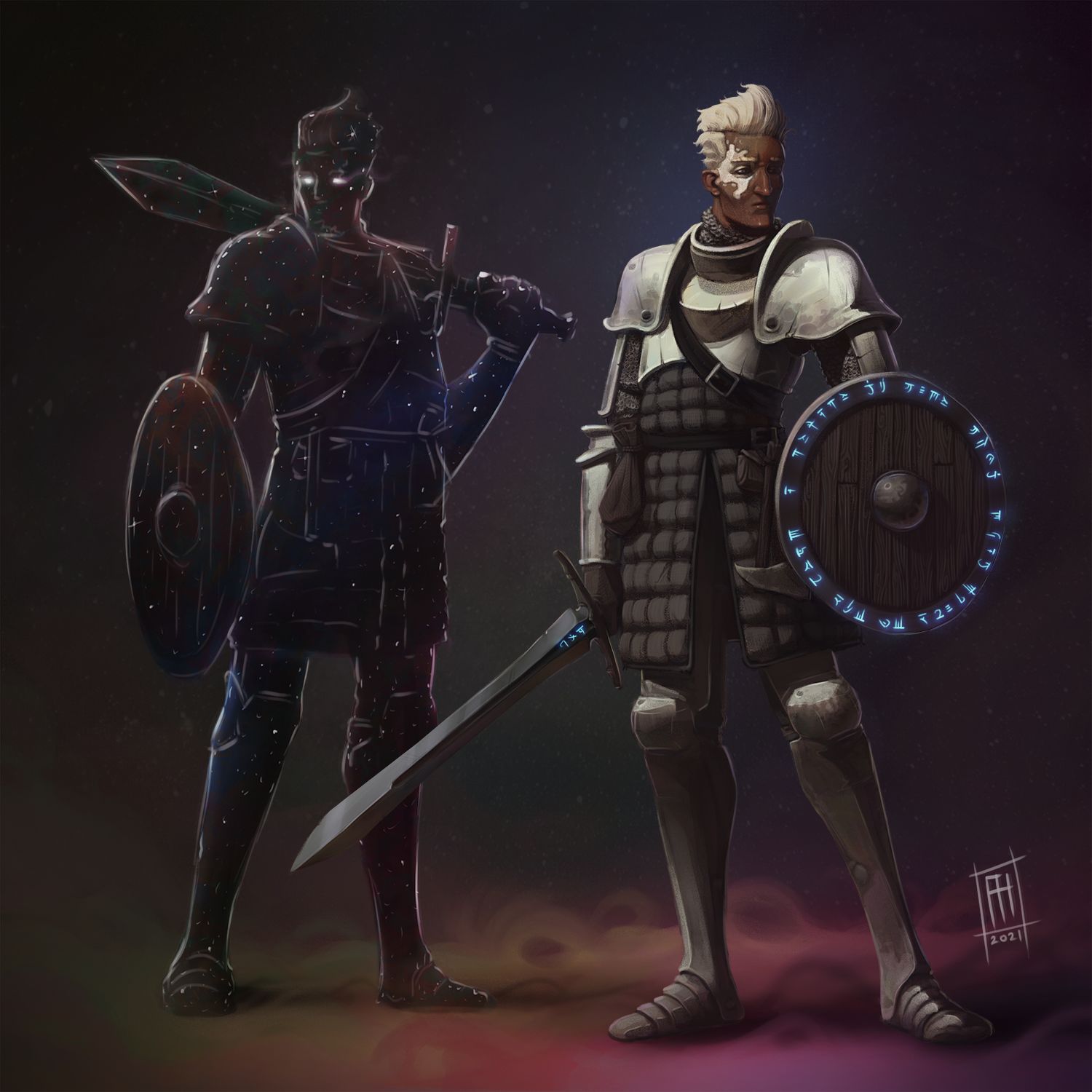
Character Slots
When you join Project Aurora, you start off with just one character. However, once you reach specific thresholds, you are allowed (but not required) to make another character at tier 1 once more. You unlock this character slot at 5th level. You may ma These characters are all independant and subject to the following restrictions:
- You can trade gear freely between characters, but only if they’re within 2 levels of each other. When trading between your own characters, you don’t need to follow the rule of equivalent exchange.
- You can only play as one character at a time, and in any scenario where you play as two of your own characters in the same session, only one may earn Adventure Points.
When you unlock a slot, you unlock it for forever, even if your character dies or is Reincarnated. However, these unlocks are one time only. So if you already unlocked a slot by reaching level 5, you can’t unlock another slot by reaching level 5 on a different character.
Group Progression
While there is no global level for all players to adhere to at once, during specific events or on specific continents you may encounter things driven by Group Progress. In many cases, completing quests or completely quests related to a specific subject will progress something along and cause an evolution in Aurora itself. This can be anything from new lore being revealed to brand new resources accessible to the players. Each continent will likely have something being progressed, so keep a sharp eye out!
Dynamic Session Logging
Session logging encourages players to document session events from their perspective, awarding them Adventuring Points (AP) for their contributions, which are then reviewed by a designated Lore Scribe and added to the World Anvil’s timeline history and optionally integrated into an in-game scrapbook presented. By doing so, it fosters a player-driven narrative, enriches the lore of Project Aurora organically, and enhances immersion and engagement within the community. Through a structured yet accessible submission template and a rewarding system, players are motivated to reflect upon and share their experiences, helping to build a collective narrative that shapes the evolving world of Project Aurora.
Mechanic Details
Session Recap Submission: https://forms.gle/3mdtaXk8MR5ezSBL6
- Following each session, interested players can opt to write a recap of the events from their character’s perspective.
- Deadline for submission can be set to ensure timely documentation, like within 48 hours post-session.
Adventuring Points(AP) Allocation
- Award 2 AP to players for a completed and submitted recap. Lore Scribe Review:
Maintaining the Timeline on World Anvil:
- The approved recaps are then added to an in-game scrapbook, which serves as a living history of Project Aurora.

In-Game Scrapbook Update or Maintaining the timeline on Aurora:
- For each arc, a timeline will be apparent for all session logs to be posted to maintain records for people to look back on.
- Alternatively the approved recaps are then added to an in-game scrapbook, which serves as a living history of Project Aurora.
- Whichever option you pick, it needs to be capable of being seen on the World anvil and forever documented while also being easy for everyone to find.
Recap Sharing:
- During a community event or at the beginning of the next session, the Lore Scribe can give a brief recap of the significant events documented.
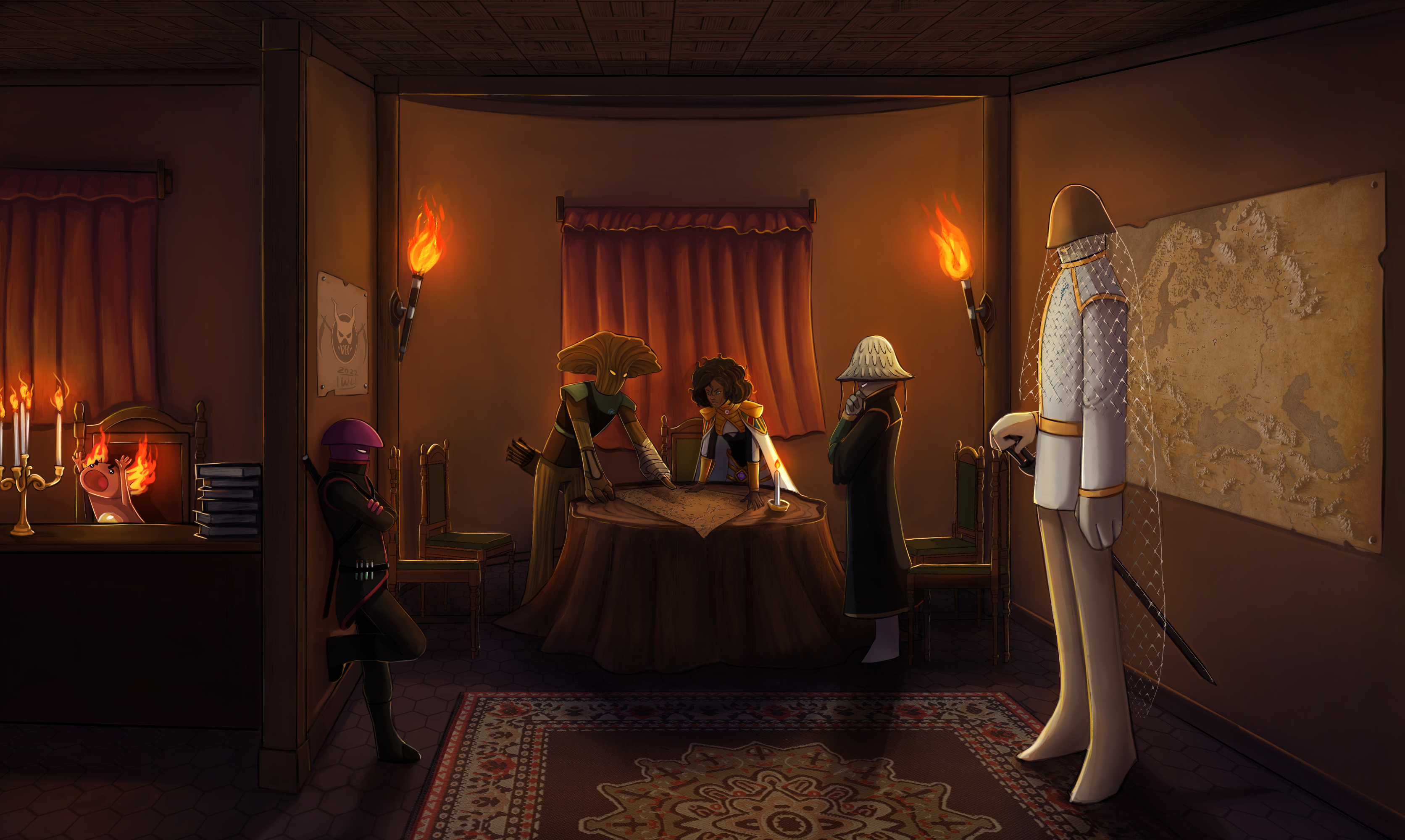
Session Logging in action Example
Scenario:
In a recent session, a group of adventurers, including a bard named Lyria, unraveled a sinister plot within the bustling city of Emerald Harbor. They discovered a network of underground tunnels, home to a cult planning to summon a dark entity. They successfully thwarted the cult, saving the city from imminent danger.
- Session Recap Submission:
Post-session, Lyria’s player decides to write a recap:
- Session Date: 11/15/2023
- Character Name: Lyria Morgan
- Character Class/Level: Bard – Level 3
- Adventure Location: Azure Valley – Emerald Harbor
- Summary of Events: Discovered underground tunnels, thwarted cult’s dark summoning ritual…..
- Adventuring Points (AP) Allocation:
Lyria’s player is awarded 2 AP for submitting the recap on time.
- Lore Scribe Review:
The Lore Scribe reviews the submission, finds everything in order, and appreciates the concise yet informative narrative.
- In-game Scrapbook Update:
The Lore Scribe updates the scrapbook:
- Recap Sharing:
At the next community event, a very very brief overview & summary of the contributions of the Adventurers of Aurora including the thwarted cult activity in Emerald Harbor is shared, referencing the contributions of Lyria and her group.
- Rewarding Consistency/Achievements:
As Lyria’s recap led to significant lore enrichment, she’s awarded the Narrator of Deeds achievement, sparking excitement and discussion within the community about the unfolding mysteries in Project Aurora.

Session Logging Frequently Asked Questions
1. What is the Session Logging Mechanic?
· The Session Logging Mechanic is a system where players can document the events of a session from their character’s perspective. This not only helps in recapping the session but also contributes to building the world’s lore organically.
2. How do I submit a session log?
· After a session, interested players can fill out a session recap template provided and submit it within a designated timeframe, for example, within 48 hours post-session.
3. What is the format for session logging?
· The format comprises a few sections including Session Date, Character Name, Character Class/Level, Adventure Location, and a Summary of Events. More details and a template will be provided.
4. What do I get for submitting a session log?
· Players are awarded 2 Adventuring Points (AP) for a completed and submitted session recap.
5. Who reviews the session logs?
· A designated Lore Scribe will review the submissions, ensure consistency and coherence, and may interact with players for any clarifications.
6. What happens to my session log after submission?
· Approved recaps are added to an in-game scrapbook, which acts as a living document chronicling the unfolding lore and events in Project Aurora.
7. Can I earn additional rewards or recognition?
· Yes! Consistent contributions and exceptional recaps can earn you additional rewards, titles, and achievements. For instance, a Lore Contributor Badge for multiple submissions.
8. Where can I view the in-game scrapbook?
· The in-game scrapbook will be made accessible to all players, with details on how and where to access it to be provided.
9. What if I miss the submission deadline?
· While timely submissions are encouraged for AP rewards, late submissions may still be accepted for lore integration but without the AP reward.
ESTATES
As a player in PA, you can opt to purchase an Estate for minor bonuses and concessions at the start of each session. To establish an Estate in a given continent, there are three steps: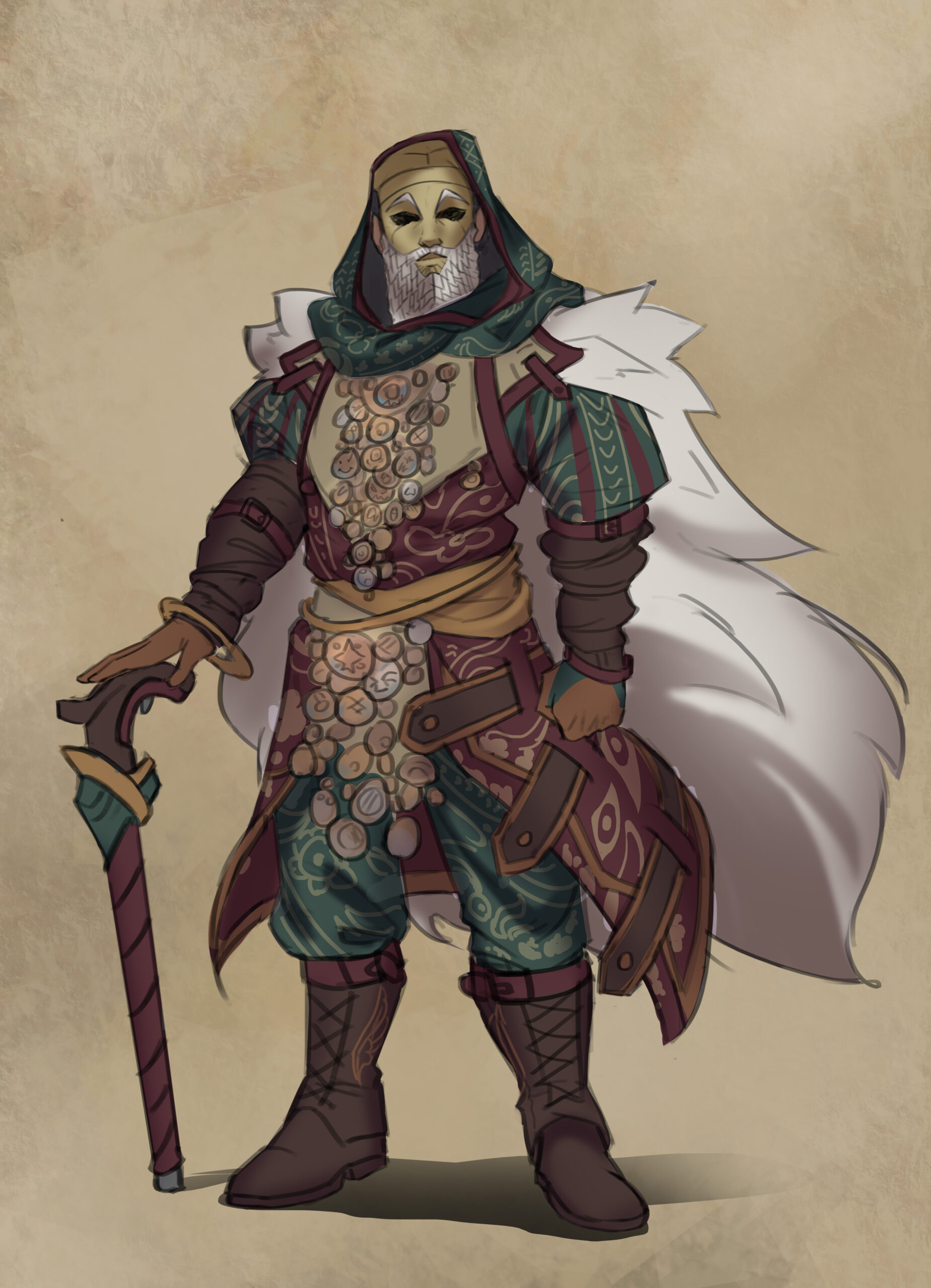
- First, you have to participate in at least 3 sessions on that Continent.
- Second, you need to speak to the Lead of that Continent to determine where your Estate could be located and if you’re allowed to build it.
- Third, you need to put forward gold to get the business off of the ground. The price to start an Estate is 500 gold.
When you establish an Estate, you have to choose what kind of Estate it is. The types of Estate you can establish are listed below.
Regardless of the type chosen, your Estate is totally self-sufficient and doesn’t require any upkeep on your part, with the benefits it provides representing the profit or excess value it provides to you.
The types of Estates are as follows:
- Garrison: This estate type represents fortresses, training grounds, and overall martially inclined places of interest. As a feature of this estate, when you fail an Athletics check, Acrobatics check, Strength save, or weapon attack, you can add the Estate Die to the total, potentially turning the failure into a success. You may do this once per session.

- Institute: This estate represents libraries, offices, and places involving mentally inclined study or the arts. When you create this estate, choose two skills from the following list (Arcana, History, Nature, Religion, Animal Handling, Medicine, Performance). Whenever you make a check using either of those skills, you can add your Estate Die to the result. You may do this once per session for each skill.

- Sanctum: This building represents wizard towers, holy sites, and places involved in magical study. As a feature of this estate, when a creature succeeds on a Strength or Dexterity saving throw against your spells or features, you can subtract your Estate Die from their roll, potentially turning it into a failure as harmful magic surrounds them. You may do this once per session.
- Business: This estate represents businesses, storefronts, and places that generate wealth. At the start of a session, you can gain gold equal to a roll of your Estate die x 5. Conversely, you can forgo this and instead receive a delivery of non-magical items whose combined value equals the roll times 10. These items are of good quality and share your estate’s brand.

- Sanctuary: This estate represents inns, houses, spas, and overall places to rest and recuperate. At the start of a session, you gain temporary hit points equal to a roll of your Estate die + PB. Additionally, once per session when you expend a hit die to recover hit points, you can add your Estate Die to the first roll’s total.
- Haven: This estate represents secret hideouts, criminal dens, and places obscured from the public. As a feature of this estate, when you fail a Stealth, Sleight of Hand, Deception, or Intimidation check, you can add the Estate Die to the total, potentially turning the failure into a success. You may do this once per session. You also have Advantage when convincing others that your Estate is either of another type or doesn’t exist at all.

Your Estate has just 2 Stats to track:
Power: This represents the potency of the services your Estate provides, and determines the size of your Estate Die. You begin at Power 1 with a d4 Estate Die, and can escalate all of the way to Power 6 with a d12+3 Estate Die.
Influence: This represents the reach and size of your Estate, and determines how many people can Pledge themselves to your Estate. A character pledged to your estate can use its benefits with the next-smallest die (d4 becomes a d2). You can only pledge to one estate at once. An Estate begins at Influence 1 and can’t have anyone pledged to it. Each subsequent level lets an additional character Pledge to it, up until the max at Influence 6 with 5 characters.
When written out on the Notes section of your character sheet or otherwise, your Estate will look like this:
Name:
Owner:
Type:
Power:
Influence:
Estate Die: (Size of the Estate die)
Pledges: (Names of pledged characters)
Location: (Region/Province/City, Continent)
Description: (Optional paragraph describing what your estate does)
Upgrading your estate is fairly simple. When upgrading your Estate’s Power or Influence, it costs a flat amount of gold to do either, with upgrades to the former also having a level requirement. You can upgrade Power and Influence independently from one another, but all upgrades must be earned in order, requiring you to earn all previous levels before going to the next. Consult the following tables to determine the affects, costs, and restrictions for each upgrade:
Power Level | Die Size | Gold Cost | Level Requirement |
1 | d4 | N/A | N/A |
2 | d6 | 100gp | 3rd |
3 | d8 | 300gp | 5th |
4 | d10 | 500gp | 7th |
5 | d12 | 700gp | 9th |
6 | d12+3 | 900gp | 11th |
Influence Level | Pledged Characters | Gold Cost |
1 | 1 (Yourself) | 50 |
2 | 2 Characters | 100 |
3 | 3 Characters | 150 |
4 | 4 Characters | 200 |
5 | 5 Characters | 250 |
6 | 6 Characters | 300 |
Finally, you’re given full creative control over the flavor of your estate. So long as you fit within the vague flavor of the base estate type, your estate can be anything. Try and consider the following for yours:
- What does it look like?
- What service does it provide?
- How does it provide said services?
- What are people meant to think of it? Is it a reputable place?
- Who works there? You’re welcome to establish minor NPCs who could be found there.
- What does each upgrade look like for your Estate? Does it get larger, gain new branches, etc
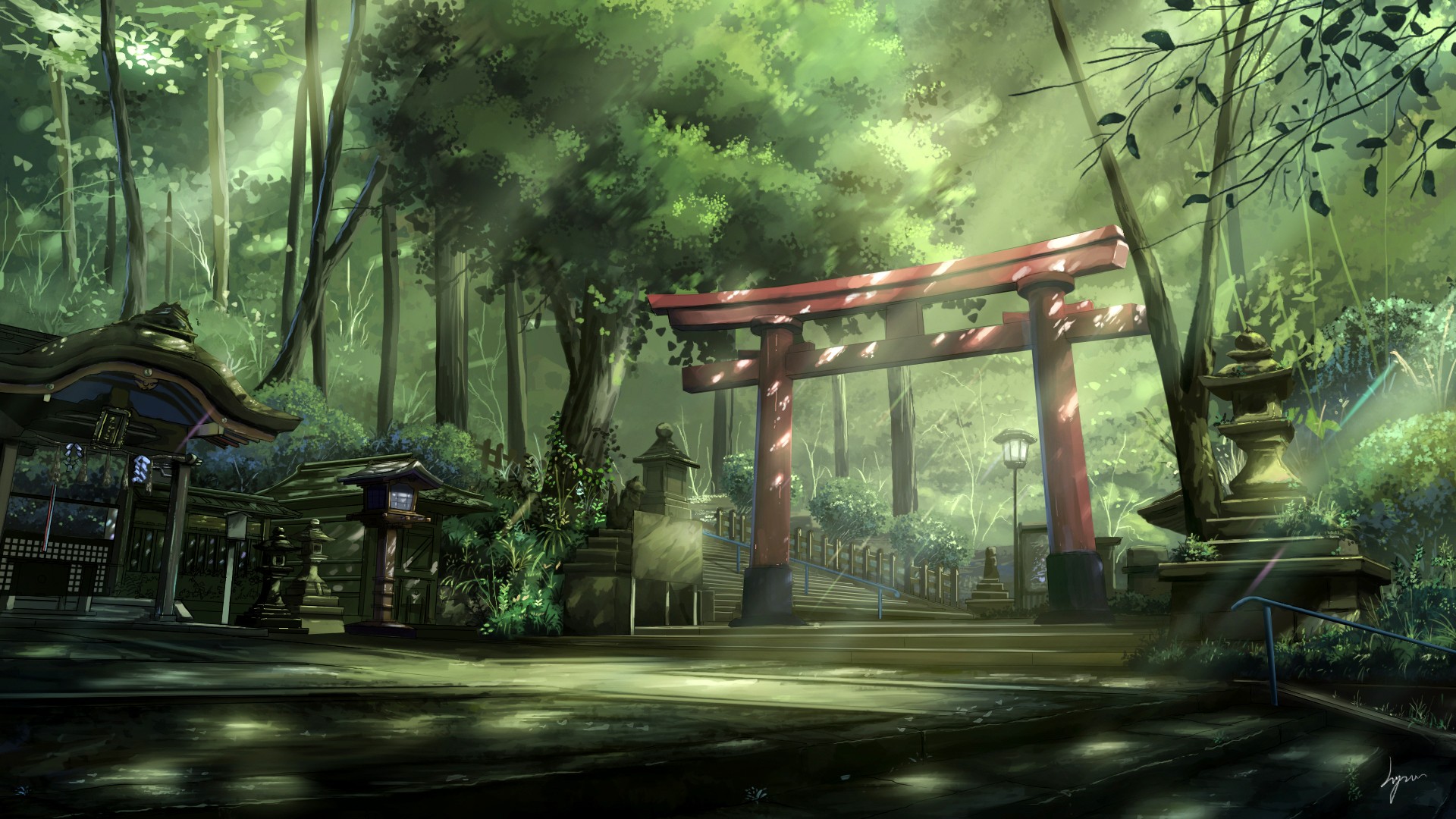
GUILDHALLS
When your estate reaches a certain level of strength, you have the option of expanding it outwards into a Guildhall. To turn your Estate into a Guildhall, you need to meet the following qualifications:
- Your Estate needs to be at Power 3
- You need to have 3 other people who are either pledged to your estate or no one else’s to serve as your founding members
- You need to put forward a down payment of 1,750gp to establish your guild.
Once you reach all 3 qualifications, you can establish a Guildhall. You’ll continue to use the same template on your character sheet, adding a (Guildhall) to the end of your Estate Type. You’re also given the opportunity to rename your Estate to something more suitable for a guild. Otherwise, you gain the following benefits:.
- Guildhalls can have an additional 3 people pledged to them that don’t count against your current maximum. Anyone pledged to your Guildhall is considered a member of your Guild.
- Having a Guildhall and thus a Guild allows you to compete in Faction Events, which are unique events that happen across all of Tehiri on a bi-weekly basis that grant you temporary benefits if you succeed. If your Guildhall is in the same Continent as the Event, you gain a bonus to any rolls during the event.
Reincarnation
When a character reaches a certain level of power, they have the option of Reincarnation. Any character of 5th-level or higher can opt to undergo a ritual that drastically transmutes their entire body, reducing their level but allowing them to redo parts of themselves. The nature of this ritual is vague to allow player expression, and can be anything from divine intervention to alchemical transmutation to a transformative trip into the Feywild.
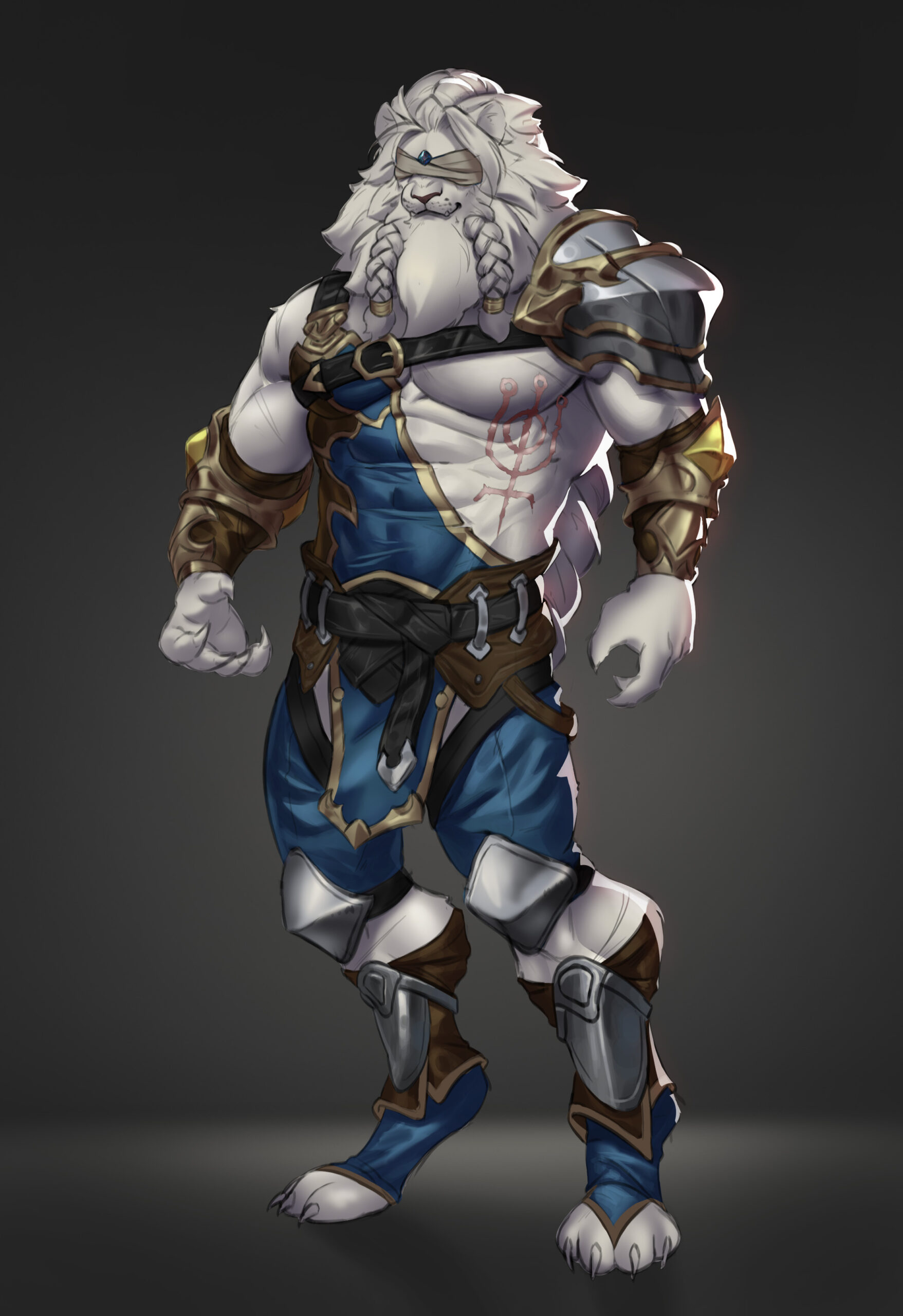
When you undergo Reincarnation, you are reverted back to Tier 1 (your choice of level from 1-3) and are allowed to change the following aspects of your character:
- Their ability scores (you may use any of the approved stat generation methods)
- Their class and subclass
- Their race and or subrace
The following things about your character are maintained:
- Your character’s Background and memories (you are allowed to give your character amnesia if desired, but what has happened to them already doesn’t change)
- Your character’s belongings and Estate (if you so wish, you can have your character’s belongings go missing and have them start fresh.)
- Your character’s reputation (although, if your character looks drastically different enough, it is possible for other characters or NPCs to not recognize them.)
You’re allowed to reincarnate for the first time for free. Any subsequent reincarnations require an investment of 2000 gold pieces.
If you need help deciding the flavor or reasoning of your character’s Reincarnation, feel free to pick any of the options below or roll a d6.
- Divine Intervention – Your patron deity (or any deity) came to you in a dream and offered you the gift of Reincarnation. You accepted and awoke changed the next day.
- Miracle of Alchemy – Leveraging your contacts, you found someone who could transmute your entire body. The operation was a success and left you altered.
- Lost Between Worlds – On a trip into a chaotic realm such as the Feywild or the Eonweave of Al’Taj, you got lost, and returned days later a new person entirely.
- Gone Far Too Soon – You died in an incredibly mundane way that the Keepers found unsuiting of your talents. You were revived, but not in the exact same body as before.
- The Book of Mirrors – You stumbled across a rare artifact associated with change. On use it disappeared, but moments later you found yourself as a brand new person.
- Effect Without Cause – You don’t know how it happened or why it happened, but you’re not the same species you went to bed as. You don’t mind it, but it’s nothing but weird.
Reincarnation is permanent, and outside of specific cosmetic rewards like token borders and discord roles, comes with no intrinsic benefit to doing it. There are reasons why you’d want to do this; sometimes you’d want to go back to a lower level, other times you’d want to do it for story reasons, and in a rare case you’d be doing this to play with lower-level friends.
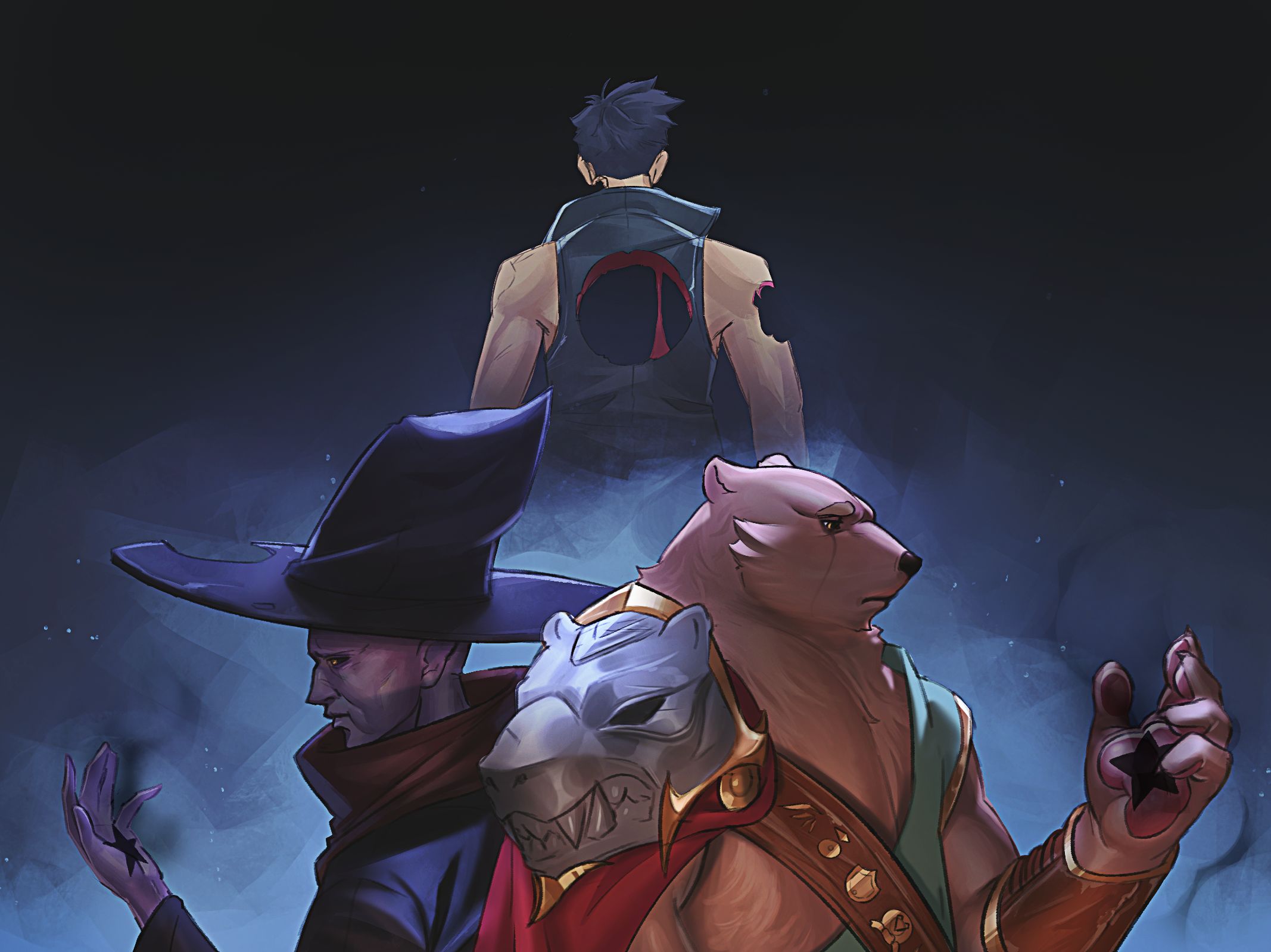
True Reincarnation
When a character of 5th level or higher dies, you have the option of performing a True Reincarnation. In a true Reincarnation, a fragment of your character’s heroic spirit is bestowed upon a new otherwise unassuming person. In this type of Reincarnation, you lose everything, including your character’s reputation, belongings, and memories. This is functionally a brand new person. However, this new person also gains a unique background known as Successor which is detailed down below.
The fragment will generally attempt to locate someone with similar looks, beliefs, or life experiences to the original person. However, this process is not perfect. The soul of a chivalrous knight may end up inside of an equally chivalrous wizard. The soul of someone seeking vengeance upon a dragon may end up in the body of someone who just lost their family to one. You decide how different the Successor is from the original, and how much the original’s personality is affecting them.
Background: Successor
You are the heir to something worth more than money. You can’t remember just when it happened or how, but you’ve inherited the soul of a powerful individual whose legend has made itself known across the stars. They’re not always a ghost on your shoulder, but you can feel their influence and get a strange sense of deja vu when repeating things they’ve done. It’s being bound to this soul that started you as an adventurer- either to continue their dream or to purge it from your mind.
Skill Proficiencies: Any two skills that your past life knew.
Tool Proficiencies: One type of artisan’s tool or instrument that your past life knew.
Languages: One language that your past life knew.
Equipment: A set of artisan’s tools or an instrument (your choice), a curio associated with your past life, a set of common clothes, a staff and a pouch containing 15gp.
Successor
At some point recently, you inherited a piece (if not all) of a powerful individual’s soul. The means by which this happened are up to you. You can roll a d6 or pick from the following options for inspiration:
- Another Man’s Shoes. You’re the proud owner of something incredibly sentimental but otherwise worthless to the individual. You began feeling their presence once they died.
- Butterfly Effect. Something minor that the individual did lead to you taking on a path similar to theirs. When the individual died, their soul naturally went to you.
- Last Best Option. Too resilient to want to pass easily to the next life, the soul rapidly flew to the nearest acceptable body. That just so happened to be you.
- Ships in the Night. In an odd twist of fate, you came close to dying at the same time as the individual. Upon surviving, you could feel your souls intertwined with one another.
- The Silent Watcher. Your inspiration never knew you, but you knew them. And when they died, both their soul and their mission was passed onto you, for you to continue.
- Thicker Than Water. You had someone close to you once. A sibling, a spouse, a childhood friend. You mourned their death, but you earned more than tears with it.
Feature: Knowledge From Before
Your past life has given you insight into things you’ve never experienced. Whenever you make an ability check with one of the skills granted by this background, you can give yourself advantage on the check. This can be due to a premonition from the past or from your past life briefly coming out- the flavor is yours to decide. Once you give yourself advantage this way for either skill, you can’t do so again until the next dawn.
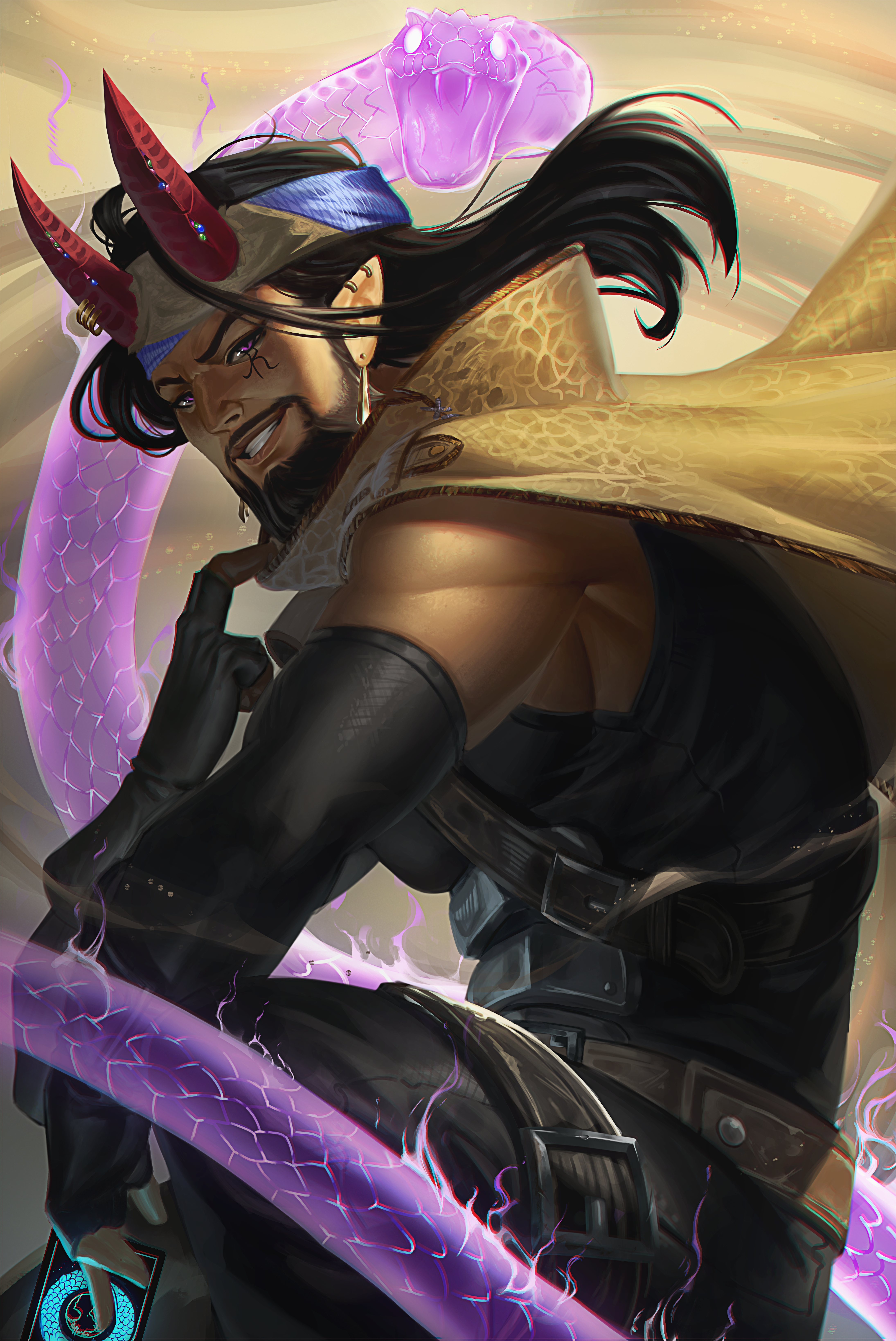
Retirement
When a character has reached a point of great renown and skill, they have the option to settle down from adventuring life. Once you hit 7th level, you unlock Retirement. When a player character undergoes Retirement, they transition from being a fully fledged character to an NPC. While they are an NPC, they no longer count against your number of characters and can no longer participate on adventures.
When you want to retire your character, speak to the DM Lead for the Continent where you wish for their retirement to be. You’ll need to provide the Lead with the following information:
- Your character sheet and any art of your character.
- How your character is retiring (ex: Are they becoming a shopkeeper, relaxing at a big house, turning into a trainer for new adventurers, etc)
- What your character’s general personality, motivations, and mannerisms are like.
- If you’re comfortable with DMs using your character as an NPC during games where they would be relevant.
Once you’ve established these details with the DM lead, all of this information will be documented for future use and to memorialize your character. You’ll also be given the opportunity to give away any magic items and belongings to anyone on your Will (further below). Otherwise, retiring a character does the following:
- Retired characters no longer count against your max number of characters and can no longer be used on quests or raids.
- They attend roleplay nights without the normal restrictions, but earn no adventure points from participating.
- Your character may be used or referenced by DMs during games, although never in a manner that would physically risk them. Should schedules align, DMs may ask you to join quests to voice your character.
- As mentioned, you can opt out of having DMs roleplay as your character.
- If you have an Estate and didn’t give it away, it continues to function as normal. Anyone pledged to it continues to gain their normal benefits, and you can change who’s pledged at any time.
If you wish, you may bring your character out of retirement after at least one month has passed. You must have at least one open slot for a character to do so unless given highly specific instruction otherwise.
Optional: Legacy Quest
If your character has unfinished business or wants to end off in a blaze of glory, you have the option of undertaking a Legacy Quest. A Legacy Quest is no different from any ordinarily posted player-made quest. The only mechanical difference is that you’re immediately forced to retire after undergoing it. However, it is an excellent opportunity to have your character go out on a high note and cement their legacy. So don’t be afraid to make your quest something truly fitting of the word epic.
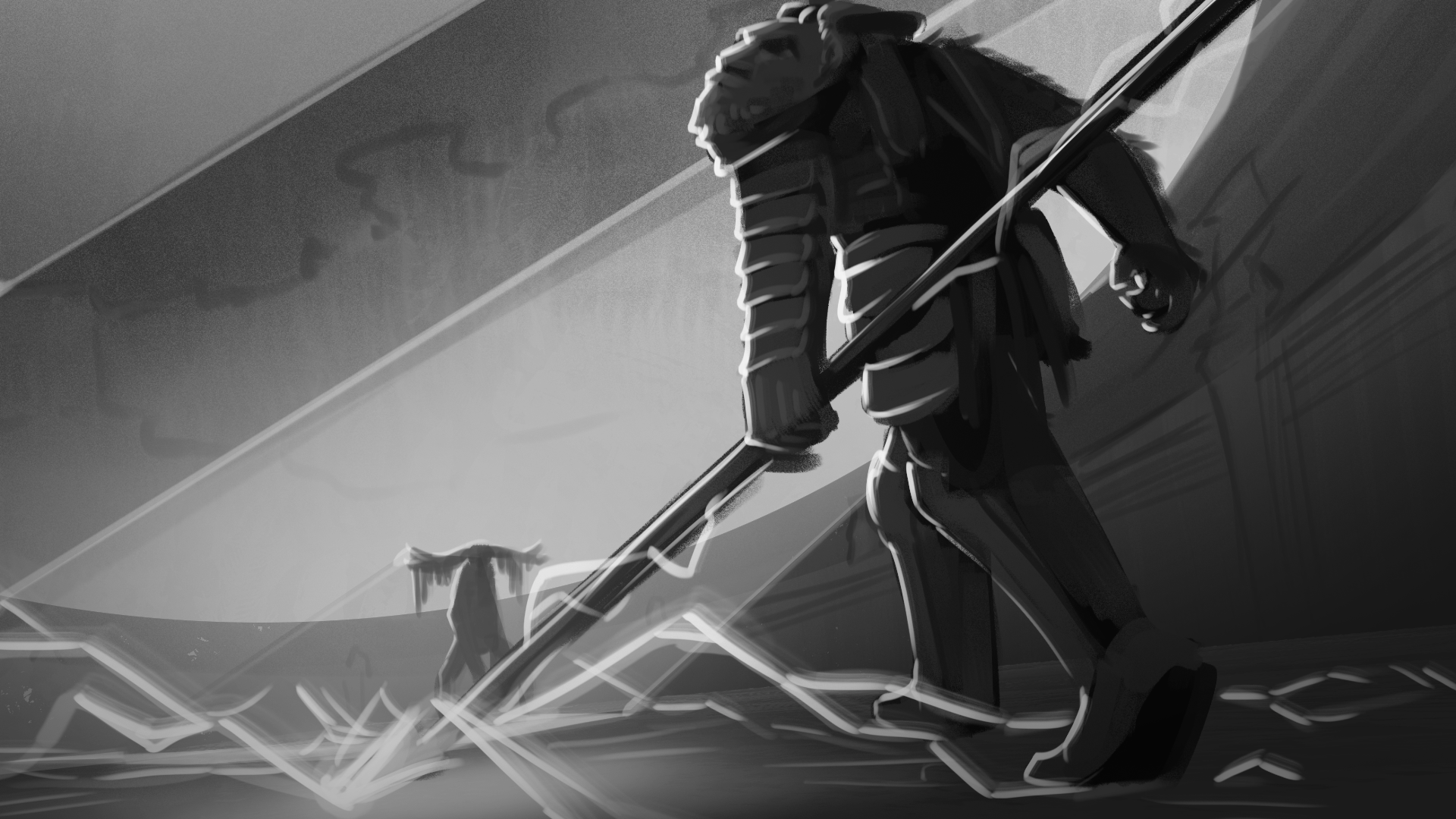
Wills
At specific points in Aurora, you’ll inevitably leave the adventuring world behind. When this happens, you’ll be able to write a will stating which (if any) of your belongings go to which characters. Your will comes into effect:
- Upon permanent death (ie: Dying and choosing to not wait for a revival spell)
- Upon retirement
Your will allows you to give away your belongings to other adventurers, especially those closest to you. When you are ready to distribute your will, write out a list of character names to receive any items or estates tied to your character, with the following restrictions.
- You can only give away a single magic item to anyone who is not part of the same Guild or pledged to the same Estate as you. Similarly, you can only give out a maximum of 500 gold to anyone who doesn’t fit these qualifications.
- You can only give away your Estate to someone who’s currently pledged to it. If your Estate has only 1 Influence, you can give it away to anyone.
- Any items you don’t want given to a player character can instead be given to an NPC. Where you would write the player name, put the NPCs name and the continent they are currently living on.
- If your character is Retiring and you’re making a new character to replace them, you can give away any number of items to your new character, so long as there is narrative reason for them to do so. You cannot however give gold to a new character this way.
Once your Will has been distributed, the rest of the items are either presumably given to charity, buried alongside your character, or remain with your character into their retirement should they choose to retire. You ultimately decide the fate of any items not directly given to someone or something.
Edward’s Guide to Roleplay Nights
Between adventures, players will have the opportunity to participate in roleplay nights, pseudo-sessions that are designed to allow them to converse with each other in a less-harmful environment. The following is a fully comprehensive guide for how to host and run a roleplay night.
Per definition: A Roleplay Night is a session that takes place within a non-hostile environment with no overarching objective or intended rewards. This will most often take place in a tavern or inn, but can take place in any location that isn’t hostile to the players and allows anyone within reason to simply walk up and approach.
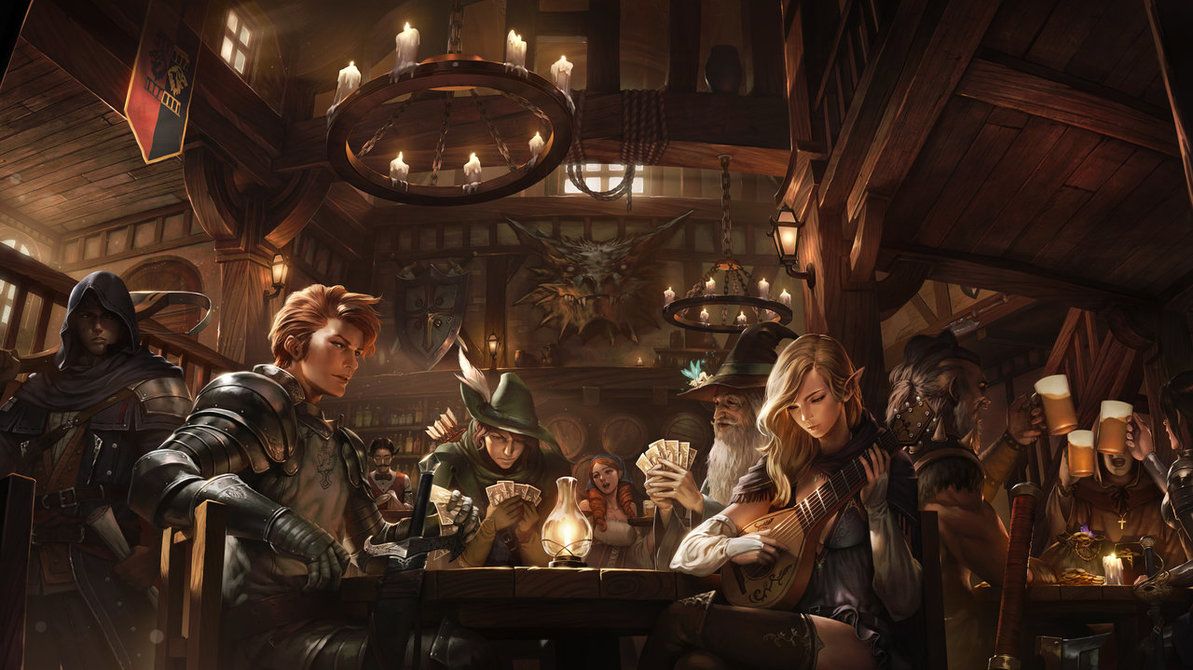
As a Dungeon Master, you’re responsible for creating the venue for the Roleplay Night, but the majority of what happens should be conversation and activity between player characters themselves. If players are interacting with each other, then you’ve succeeded. Your priorities as a Dungeon Master for these nights are:
- Establishing the atmosphere of the Venue and surrounding area.
- Providing activities that players can use as a means for interacting with one another.
- Contributing in subtle ways to the worldbuilding of the venue’s continent.
- Directing players into interacting with one another
- (Optional) Participating as your own character if possible.
Setting up a Session
Scheduling
The first step to a Roleplay Night is scheduling. Ideally, a Roleplay Night will take place on a night when no other games are scheduled to be run on the same continent.
Venue Selection
The next step is picking the Venue, or where the Roleplay Night will take place. The most obvious answer for a venue is a tavern within the most accessible city of the Continent, but you can pick anything so long as it fits the following qualifications:
- It needs to have a battlemap.
- It needs to be in a non-hostile environment.
- It needs to be somewhere with a relatively low or wide bar of entry.
- It needs to have something players can do or engage with.
If you can meet these qualifications, then the Venue can be anything, such as:
- A tavern in a major city.
- A campground full of performers.
- A sailing restaurant in harbor.
- A library or community center.
- A temple to a benevolent god.
- A pop-up barbeque or festival.
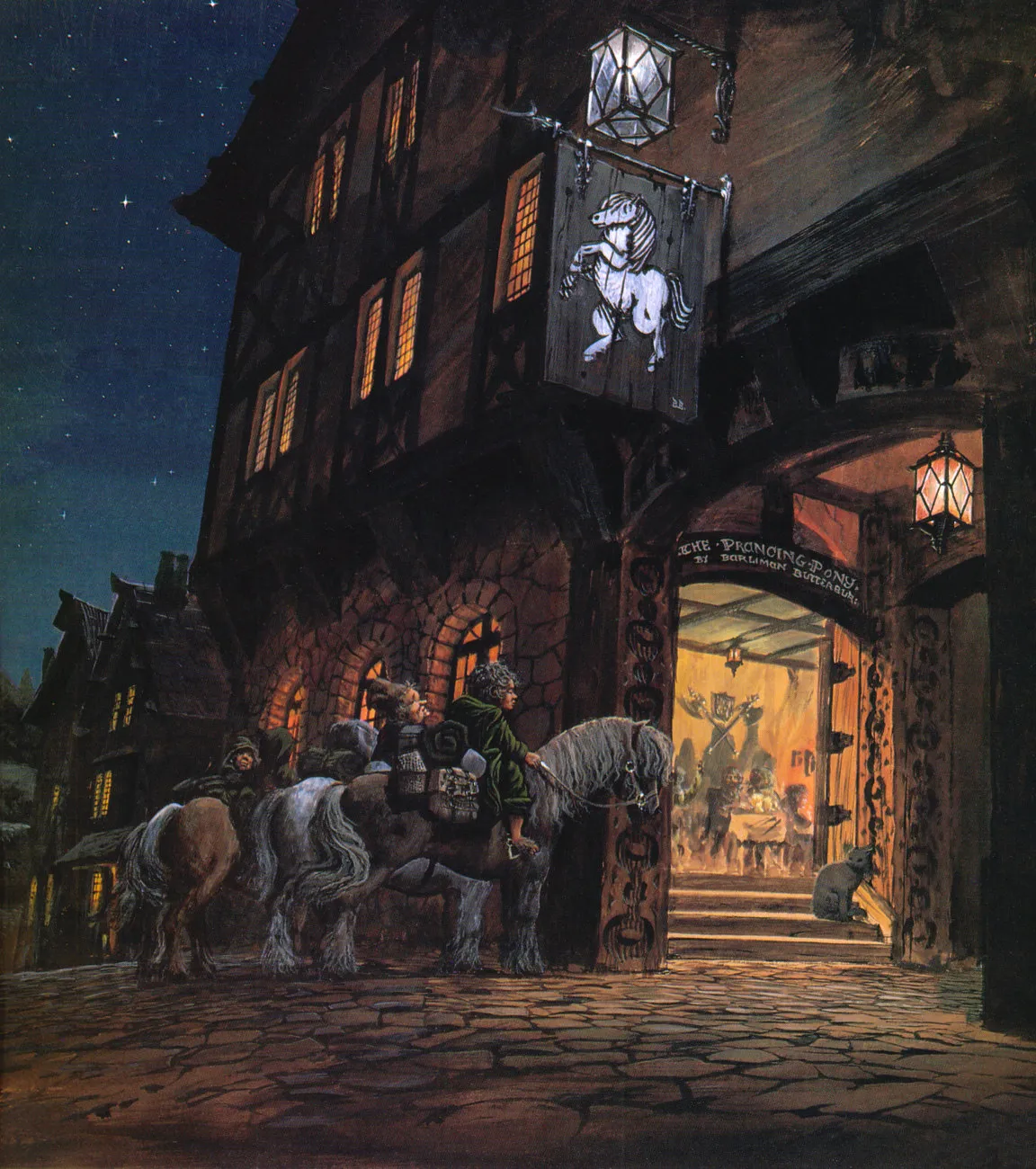
NPCs
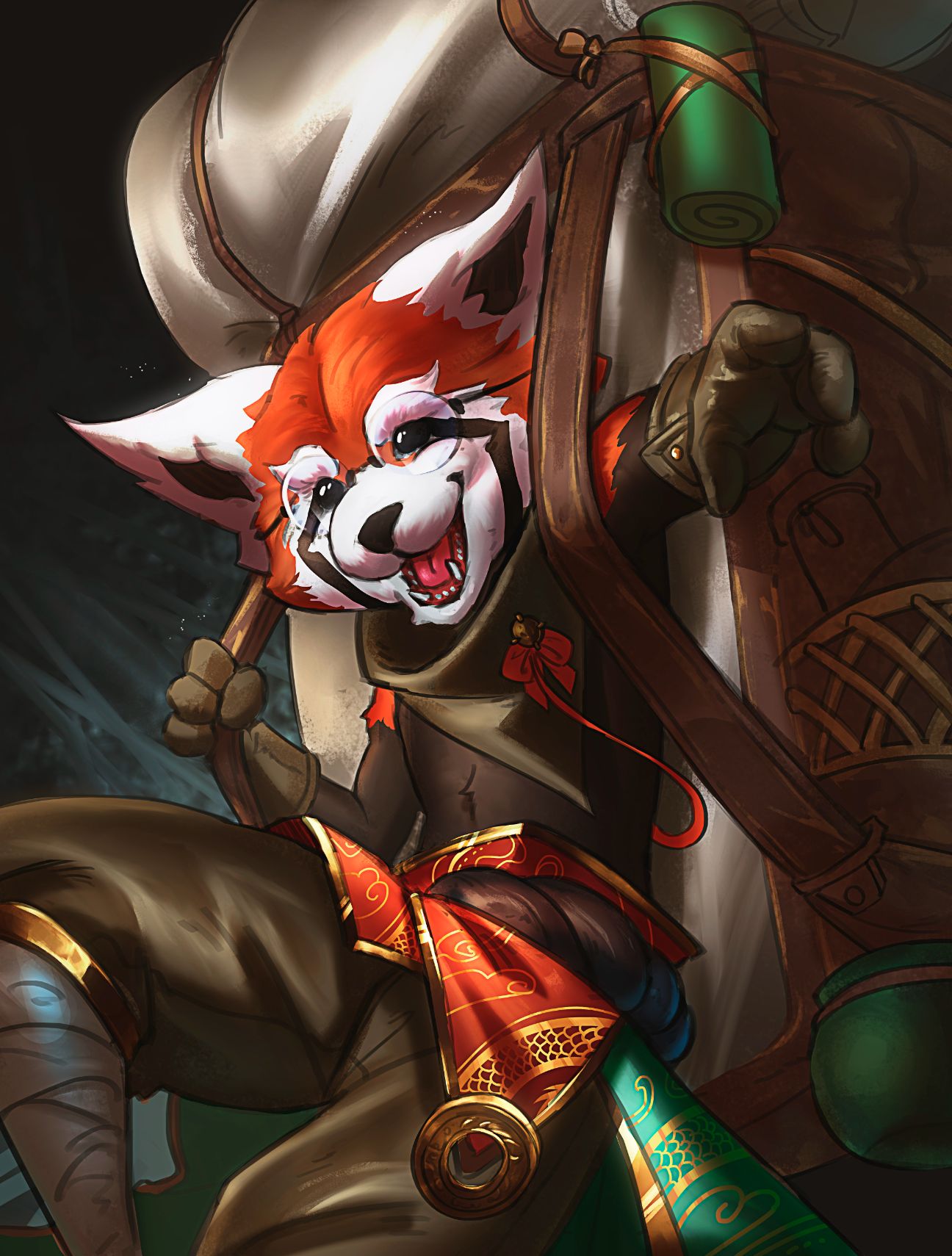
A Roleplay Night at minimum needs one NPC who either works at or holds authority over the venue. A central person that players can consult or speak to when no one else is around. Who this is will depend on the kind of venue, but they should be someone you can use to enforce the rules of the venue if there are any.
Besides that, an ideal Roleplay Night will have 2-5 major NPCs. These NPC might have appeared during previous quests. You can have more if you wish. This can provide a sense of continuity for players and help humanize the NPCs by showing them in a casual setting. They don’t necessarily need to speak to the players, but they should be able to at least regard them as they go about their day-to-day lives.
You should have at least a handful of NPCs, but don’t overload the roleplay night with them. The priority is for interaction between players, not between NPC and players. You can however use the NPCs to introduce new quest hooks, such as:
- Having the NPC mention a problem offhandedly that they need solving.
- Having two drunk NPCs bring up a rumor that players could investigate
- Having an NPC mention something that foreshadows a later quest or the outcome of a scheduled quest.
- Having an NPC give context to what happened on a quest or who they are.
Activities
Food and Drink
The most obvious activity is going to involve food and drink. The actual nature and flavor of either are decided by the DM and will ideally reflect the culture of the location or continent. Mechanically, you have multiple options you may utilize:
Drinking
In 5e, the state of being drunk is best reflected by the Poisoned condition. As such, when a character consumes an alcoholic beverage, they must succeed on a Constitution saving throw or gain the Poisoned condition. The DC is equal to 7 + the cost of the drink in copper. If a character is already poisoned and fails the saving throw again, they become unconscious. The table below provides examples for how strong different kinds of alcohol could be, although you’re given the ultimate freedom on what alcohol is available and how drunk it makes players.
Drink | Cost | DC |
Standard (Beer, Ale, etc) | 4cp | 11 |
Fine (Wine, Sake, etc) | 6cp | 13 |
Tough (Hard alcohol) | 8cp | 15 |
Challenge (Moonshine) | 1sp | 17 |
There are no rules for tracking how many drinks someone has already consumed. If a player so wishes, you can increase the DC by 1 for every drink they’ve had in the same Roleplay Night.
Food
The food available will vary heavily depending on the venue, if any food is provided at all. You can use the following table to help determine the quality and pricing of any food available The specific ingredients and flavors are determined by the Dungeon Master.
Quality | Cost | Description |
Squalid | 3cp | Low quality soups, gruels, and mushes; beggar’s food |
Poor | 6cp | Ordinary bread and peasant dishes; farmer’s food. |
Modest | 3sp | Fair quality food, sometimes with meat or cheese; soldier’s food |
Comfortable | 5sp | High quality meal with meat and many ingredients; merchant’s food |
Wealthy | 8sp | Very high quality meal, worthy of a landowner. |
Aristocratic | 2gp | Exceptional meal fit for consumption by a king. |
Optionally, you can have a meal grant advantage on a specific kind of check for the rest of the session. In which case, you can increase the price by one tier. Otherwise, you can represent a venue’s food being high quality by having it taste one tier higher than its cost.
Contests
A Contest refers to any scenario where two characters (player or NPC) compete against one another utilizing skill checks. Armwrestling is one very common Contest, but any skill can be used for one. Contests can come in many different forms:
Best Of – Both characters roll an ability check. Whoever has the higher check wins. Whoever wins a certain number of times out of a total wins. The most common form is best 2 out of 3. Works best on activities with rounds.
Highest Sum – Both characters roll an equal number of ability checks, with each check representing them making progress towards a larger goal. At the end, the results of both character’s checks are added together, and whoever has the larger sum is successful. Works best on activities where you’re crafting or building towards something
Hit the Target – Both characters have to roll equal to or higher than a specific DC that increases each round. Whoever fails the check first loses. The easiest way to do this is to have the DC start at 11 and increase by 2 each round. Works best on activities that get progressively harder.
If you’d like to have more than 2 characters, Highest Sum and Hit the Target scale the easiest. If you have more than 2, you can also utilize:
Challenge – Any competing characters can attempt to meet or beat a static DC. Whoever’s successful is a winner, and whoever succeeds first or by the largest margin is the highest winner. Works best for fairground activities or games.
Contest Examples:
The best contests can be between any skill or proficiency that two people have. If two people with jeweler’s tools show up, try initiating a contest involving those. Otherwise, here are some sample contests you can run:
- Arm Wrestling – Best of 3, both roll Athletics checks.
- Dance-Off – Highest Sum, both roll Performance checks.
- Shooting Contest – Hit the Target, both roll ranged weapon attacks with the same weapon.
- Mental Debate – Best of 3, both roll the same check from DM’s choice of History, Religion, Nature, Arcana, or Medicine.
- Cooking Competition – Highest Sum, both roll Survival or Chef’s Utensils.
- Drinking Contest – Hit the Target, both roll Constitution saving throws.
- Bull Riding – Best of 3, both roll Animal Handling.
- Dragonchess – Highest Sum, both roll for Dragonchess set (Intelligence or Wisdom)
- Weight Lifting – Hit the Target, both roll Athletics checks.
Rewards
The point of a Roleplay Night is never rewards; that’s why regular quests exist. But if you so wish, you can give out very small rewards for winning; either free drinks, free food, or a non-magical item worth 35gp or less.
Music
Optionally, you can have music playing at the venue that is happening in-game. To represent this, you can utilize a website such as Watch2Gether or discord bot(if they function) to build a playlist of songs that make sense to be playing at the venue. You can claim that the source of the music is a magical device of some kind, or from a bard that can take requests.
Games
Sometimes, you’ll want to give players something more mechanically in-depth. In which case, you can use external services to play games like Chess, Poker, or Uno while acting in-character. There are many different services you can use for games like this, including Discord itself which has a built-in Chess game.
Encourage players not to just play to win, but to play as their character might. A more timid character might shy away from using a +4 during UNO, but a more rash or violent character would play it as soon as possible. The purpose isn’t to just have fun playing the game, but to also talk to each other and use the chance to get your character’s “voice.”
Sites for free games include:
- Chess.com
- 247games.com
- Garticphone.com
- Discord’s activity feature
Running a Session
Your ultimate role is to encourage interaction between players. If players are speaking to one another, then you’ve succeeded and don’t need to put in any work. You exist to provide the ambiance and a source of conversation if players aren’t generating it themselves.
All of the Activities listed prior to this are just tools, not requirements to have at every single roleplay night. You can employ any or all of them should it be required or if the players so desire them.
Adventure Points
Your only other major responsibility is the distribution of Adventure Points. Players are able to earn 5 Adventure Points by participating in Roleplay Nights.
Ending a Session
A Roleplay Night is only meant to go on for around 2-3 hours. When it’s time for the session to end, This can be represented by the authority NPC going to bed or going into the kitchen while the remaining players continue to speak in character as the session finally comes to a close. As any other session, you must end your session and handle all post session responsibilities. You can NEVER leave your players unattended and left to their own devices to maintain a professional experience.
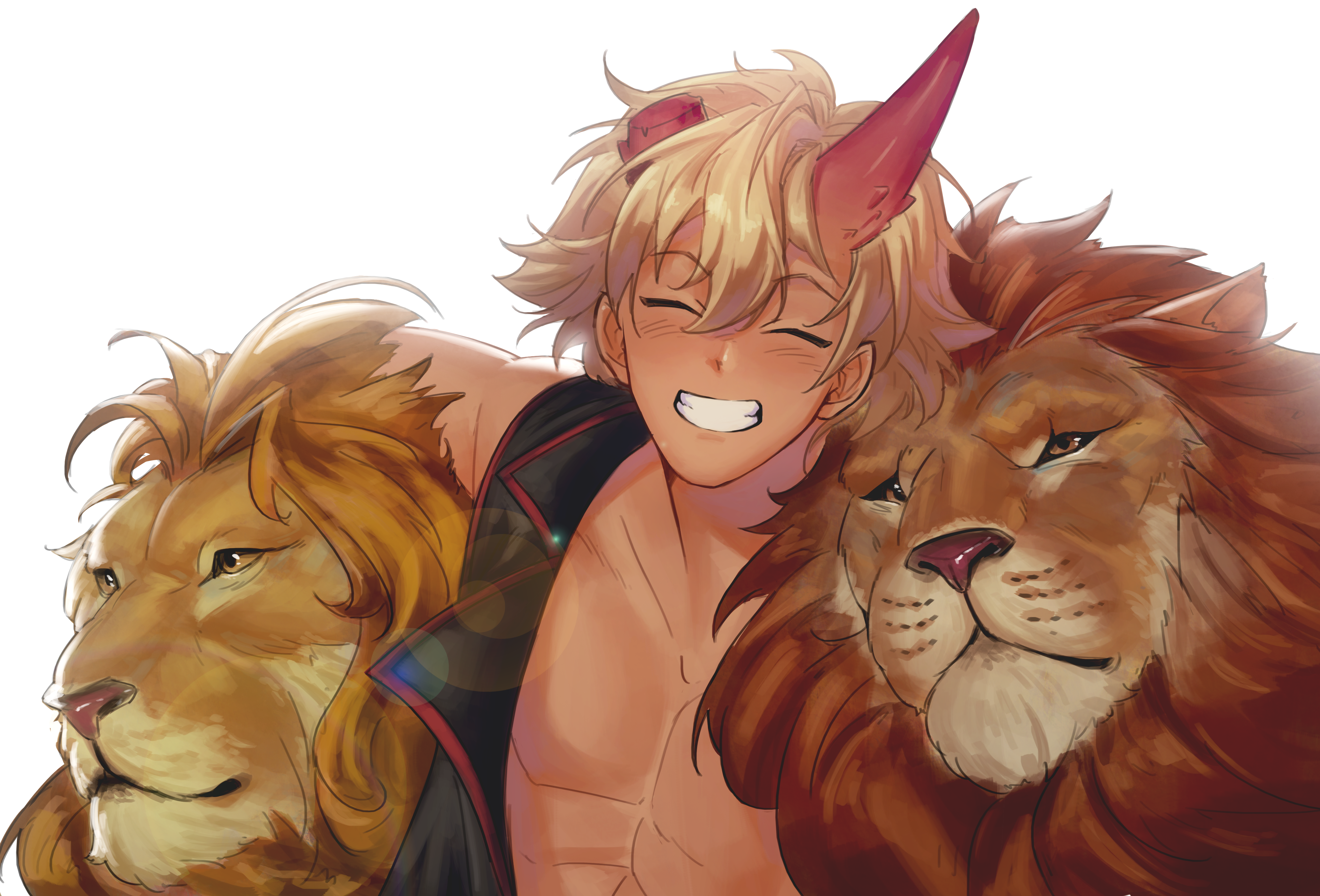
RP Night Boons
A Roleplay Night’s other purpose besides roleplaying fun is to gain a coveted RP night exclusive boon! This boon is rolled by a DM or designated player at the end of the session and will be a boon that carries over with players in their next game. The boons can vary from purely positive effects that are minor or more potent positive effects with the cost of an additional negative effect.
Roll a D10, to see which boon the party gains!
| Boon Type | Boon Name | Effect | Drawback (if any) |
|---|---|---|---|
| Minor | Bard’s Whisper | Gain advantage on all Charisma (Persuasion & Deception) checks next session. | None |
| Minor | Scholar’s Spark | Gain advantage on all Intelligence (Arcana & History) checks next session. | None |
| Minor | Agile One’s Luck | Gain advantage on all Dexterity (Acrobatics & Stealth) checks next session. | None |
| Minor | Healer’s Touch | Add +2 to one Healing spell’s total points restored received and given next session. | None |
| Minor | Arcane Burst | Cast your next spell as if using a spell slot 1 level higher. | None |
| Major | Reckless Intent | As a bonus action, gain advantage on your next 2 attack rolls. | Enemies gain advantage on 2 attack rolls against you as well |
| Major | Defender’s Resilience | Increase AC by your proficiency bonus for the first 2 rounds of combat. | -1 to all attack rolls during this time. |
| Major | Swift Recovery | Expend 1 Hit Die as a bonus action to regain HP. You may use this only once. | Lose the used Hit Die until the next long rest. |
| Major | Enlightened Negotiator | Add double your proficiency bonus to one Charisma (Deception or Persuasion) check. | The next NPC you deceive becomes hostile or suspicious of you. |
| Major | Shadow’s Escape | Your movement speed increases by 10 feet for all of next session. | Suffer disadvantage on all stealth checks next session. |
FAQs
Q0: Can I join a Roleplay Night after doing it for two consecutive weeks?
A: No. You must continue to be an adventurer by doing adventures to continuing gaining adventure points.
Q1: What is a Roleplay Night in Project Aurora?
A: A Roleplay Night is a session set in a non-hostile environment, like a tavern or inn, where players can interact in character without an overarching objective or intended rewards. It’s designed for character conversations and interactions in a relaxed setting.
Q2: What is the Dungeon Master’s role during a Roleplay Night?
A: The Dungeon Master is responsible for creating the venue’s atmosphere, providing interactive activities, contributing to worldbuilding, encouraging player interactions, and optionally participating with their own character.
Q3: How is a Roleplay Night scheduled?
A: It should be scheduled on a night with no other games on the same continent and preferably not on “prime” days reserved for regular games. Coordination with fellow DMs is crucial to avoid scheduling conflicts.
Q4: How is the venue for a Roleplay Night selected?
A: The venue must meet certain criteria: having a battlemap, being easily accessible, in a non-hostile environment, with a low or wide entry bar, and offering activities for engagement. It can be a tavern, campground, sailing restaurant, library, temple, or any suitable location.
Q5: What about NPCs during Roleplay Nights?
A: At least one NPC should be present to represent authority at the venue. Additionally, 2-5 NPCs from previous quests can appear for continuity and to humanize them. NPCs can also introduce new quest hooks subtly.
Q6: What activities are available during Roleplay Nights?
A: Activities include:Food and Drink: With options reflecting local culture and potential mechanical effects like the Poisoned condition from alcohol.
Contests: Skill-based competitions like arm wrestling, dance-offs, or cooking competitions.
Music: Background music to enhance atmosphere, with opportunities for player characters to perform.
Games: Chess, Poker, Uno, and other games played in-character using various online platforms.
Q7: How are Adventure Points handled during Roleplay Nights?
A: Players can earn 5 Adventure Points by participating for at least an hour and having completed one actual quest beforehand. The DM should track player participation for this purpose.
Q8: What is the DM’s primary responsibility during these sessions?
A: The DM’s main role is to facilitate and encourage interaction between players, providing ambiance and acting as a conversation catalyst if needed. The DM uses various activities as tools to enhance player engagement.
Q9: How long does a Roleplay Night typically last?
A: A session is intended to last about 1.5-3 hours.
Q10: Can players win rewards during Roleplay Nights?
A: While the focus is not on rewards, small prizes like free drinks, food, or non-magical items worth up to 15gp can be awarded for contest winners.
Q11: Do I need to prepare anything as a player?
A: No, just come ready to roleplay and proactively interact with other players and NPCs.
Introduction or Summary
The revised Aurora Raid Boss Mechanic aims to provide a balanced, engaging, and streamlined experience for both players and DMs. It accommodates a flexible number of groups and players, each with unique objectives to accomplish during their time in the arena. The mechanics are designed to keep all players involved while simplifying management aspects for the DM.
Mechanic Details
Roles
- Each battle group consists of a variable number of players and has one designated group leader responsible for quick decision-making.
Objective-Based Group Swap
- Groups enter the arena for one round initially. Completing or progressing an objective grant them a second round. Penalties apply for failure. You keep swapping groups in the same rotation. For example, Group A, then B, then C, Then A, Then B….
- When Swapping, the players swap onto one of the designated portions they can on the battlefield.
Group Objectives
- Unique objectives are assigned to each group. Success provides raid-wide advantages, while failure results in penalties.
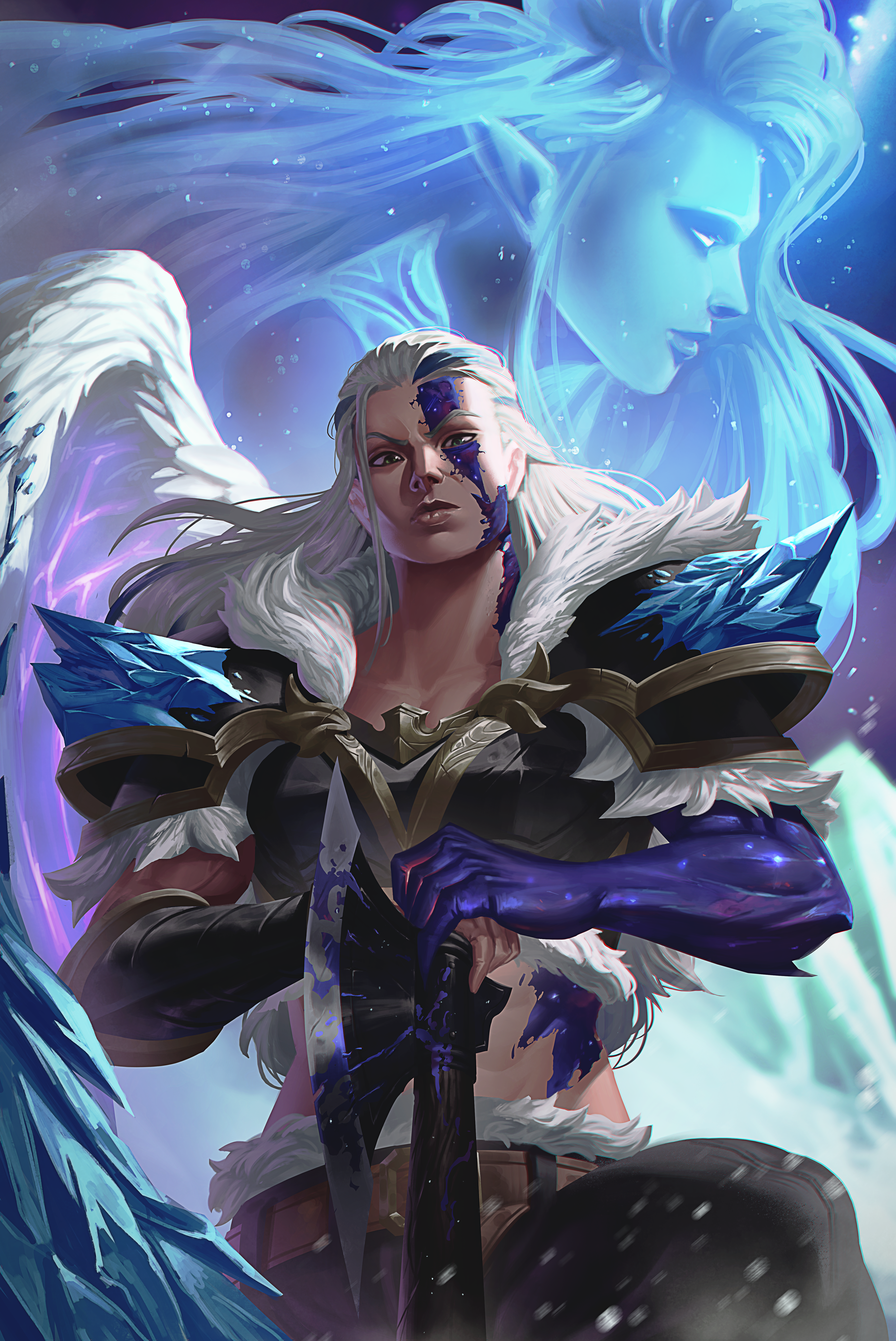
Examples

Example 1
Group A’s objective is to disarm the boss’s magical shield. They succeed, earning an extra round and reducing the boss’s AC for the next round. After their 2nd and final round, they automatically swap with Group B.
Example 2
Group B fails to progress their objective and suffers a penalty, such as taking damage or receiving a debuff. They then instantly swap out at the end of their round.
Preparing the Players
Understanding the Mechanics: Ensure every player has read and understood the revised Aurora Raid Boss Mechanic document. They should be familiar with the roles, group objectives, and ‘Tag Out’ mechanics. It is also recommended to have a Q&A session to address any uncertainties.
Character Readiness: Players should equip their characters appropriately for the raid. This includes reviewing their abilities, spells, and inventory to make sure they are ready to go for a raid. They should also have any necessary consumables, such as potions and scrolls, ready for use and on their character sheet.
Strategic Planning: Encourage each group to discuss and plan their strategy. This includes deciding on their group leader, formulating basic tactics, and discussing how they might handle their specific objectives. Groups should also plan for contingencies in case things do not go as expected.
Communication Tools: Make sure all players have access to the chosen communication platform and are comfortable with its use. Clear communication will be key during the raid, so test audio and chat functionalities before the game.
Scheduling and Time Management: Confirm the date and time of the raid with all players and reiterate the expected duration. Ensure everyone is committed to the entire session to avoid disruptions.
Mindset and Expectations: Set the right expectations. Players should come to the game ready to collaborate and adapt to evolving situations. Stress the importance of patience and teamwork, as raid bosses are designed to be challenging and require coordinated group effort.
Pre-Game Check: Before the raid begins, do a quick check to ensure all players are present, have their character sheets ready, and are mentally prepared for the encounter. This is also a good time for the DM to provide any last-minute information or clarifications.
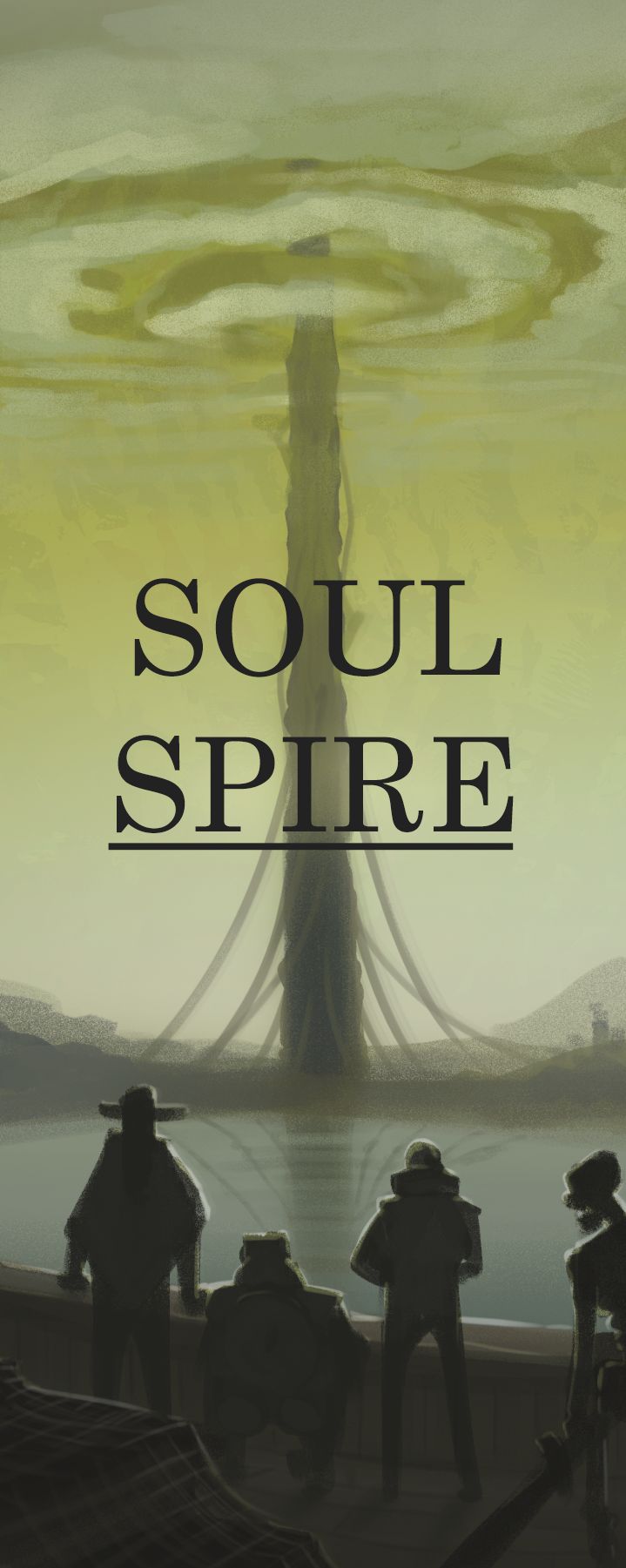
Group Selection and Leader Nomination Process
Leader Nomination: The selection of a group leader is a strategic decision that can impact the success of the raid. Consider these factors when nominating a leader:
- Experience: The leader should have a good understanding of D&D mechanics and the raid’s specific rules.
- Decision-Making: A leader must be capable of making quick and sound decisions under pressure as a player.
- Communication: Effective and clear communication is vital. The leader should be able to coordinate the group and articulate strategies efficiently.
- Diplomacy: A leader will sometimes need to mediate differing opinions and ensure that the group functions as a cohesive unit.
Nomination Process: The group leader can be selected through various methods, such as a group vote, volunteer basis, or rotation. The chosen process should be agreed upon by all group members to maintain fairness and transparency.
Preparation Responsibilities: Once selected, the group leader should take an active role in preparing the group for the raid by:
- Optional Organizing Practice Sessions: If possible, the leader may organize smaller encounters or simulations to practice group coordination and tactics.
- Reviewing Strategies: The leader should facilitate discussions on the group’s strategies and objectives, ensuring each member knows their role.
- Ensuring Readiness: Group leaders should check in with each member to verify that they are prepared and understand the upcoming challenges.
By thoughtfully selecting groups and leaders, players will set a solid foundation for a successful raid. Clear roles and strong leadership will greatly enhance the group’s ability to overcome the formidable challenges that await in the Aurora Raid Boss encounters.
Frequently Asked Questions
Q: How do we determine the best group composition? A: Consider each character’s strengths, abilities, and how they complement each other. Aim for a balance of damage, healing, and utility. Discuss with your fellow players to find the most synergistic group setup.
Q: What if we can’t decide on a group leader? A: If there’s no clear leader, the DMs just pick one and decide.
Q: How important is the group leader’s role during the raid? A: Kinda important, but not a my way or the highway role. The group leader will make decisions when no one else can. They are also responsible for maintaining group focus and morale.
Q: Can the group leader be changed during the raid? A: Yes, if the group feels it’s necessary. However, this should be discussed and agreed upon beforehand to avoid any mid-raid conflicts.
Q: What should I do if I’m selected as a group leader but feel unprepared? A: Communicate your concerns with your group. You can seek guidance from more experienced players or the DM, or suggest a co-leadership role to share responsibilities.
Q: How can we practice for the raid if we can’t meet before the game? A: Discuss strategies online, review past raid encounters, or simulate scenarios in your mind. Visualizing the encounter and discussing it with your group can also be effective.
Q: What should we do if a group member can’t make it to the raid? A: Have backup players ready or adjust your strategy to accommodate the missing member’s role. It’s important to communicate any absences as soon as possible.
Q: How can we ensure everyone is ready and has understood the mechanics? A: Organize a pre-raid meeting to go over mechanics, answer questions, and ensure everyone’s on the same page. The DM can also provide a summary or quick-reference guide.
Q: Can players have multiple roles during the raid? A: Players should focus on their primary role to avoid confusion. However, being flexible and ready to adapt to unexpected situations is also important.
Part 1:
| No. | Homebrew Mechanic | Description |
|---|---|---|
| 1. | Using Consumables As A Bonus Action | You may use any consumable as a bonus action. However to throw or administer them to another creature, you must use an action to do so. |
| 2. | Help Action For Skills Require Proficiency | If you wish to give the help action, you must have proficiency in the ability/skill you are helping with.
|
| 3. | Hidden Death Saving Throws | All death saves are rolled by players, but are hidden from all players except the Dungeon Master. |
| 4. | Ignoring Drawing And Switching Weapons | This is to allow for creativity while simplifying weapon management in combat. Things just need to remain within somewhat realistic expression at DM’s descretion. |
| 5. | Hit Dice While Leveling Up | Always use average hit dice when leveling up. No rolled dice. |
| 6. | Overkill | If a creature does enough damage to originally overkill someone, they don’t die but immediately fail 1 death save immediately instead. |
| 7. | Unconsciousness and Exhaustion | Upon being knocked to unconsciousness, you gain 1 exhaustion level. |
| 8. | Modified Critical Hits | Critical Hits multiply modifiers.
|
| 9. | Inspiration Stacking | You can only hold one inspiration point at a time. Inspiration allows you to reroll any of your rolled dice. This can be a d4,d6,d8,d10,d12,d20,d100 etc. But it can’t be the DM’s rolled dice. It can be another player’s rolled dice if the other player consents to it. |
| 10. | High Rolls Don’t Always Mean Success | High rolls signify the highest possible outcome but don’t guarantee success. |
| 11. | Bloodhunter Crimson Rites & Two Weapon Fighting. | You can use 1 bonus action on your turn to ignite both crimson rites on your weapons instead of one at a time. You just take both dies of damage. This is to prevent the scenario of round 1, igniting a crimson rite on main weapon. Round 2, igniting crimson rite on offhand weapon. Round 3, finally being able to use two weapon fighting. |
| 12. | Divine Smite Declaration | Players must declare the use of Divine Smite before rolling to hit. If they miss, they retain their spell slot. |
Part 2:
| No. | Homebrew Mechanic | Description |
|---|---|---|
| 1. | Two Weapon Fighting Action Economy | When you take the Attack action and attack with a light weapon that you’re holding in one hand, you can make an additional attack as part of the same action with a different light weapon that you’re holding in your other hand. You don’t add your ability modifier to the damage of the bonus attack, unless that modifier is negative, and you can only make this offhand attack once per turn. |
| 2. | Multiple Spells on one turn. | All creatures can cast a spell that cost an action along with a spell that costs a bonus action/reaction on their turn rather than one spell one turn. |
| 3. | Sentinel Range | The Sentinel feat only works on individual if you are within 5 feet of the creature you are protecting & attacking at the same time.. |
| 4. | Bad News(Exandria Firearm) | This weapon is considered a magical item of “rare” magic item rarity. |

